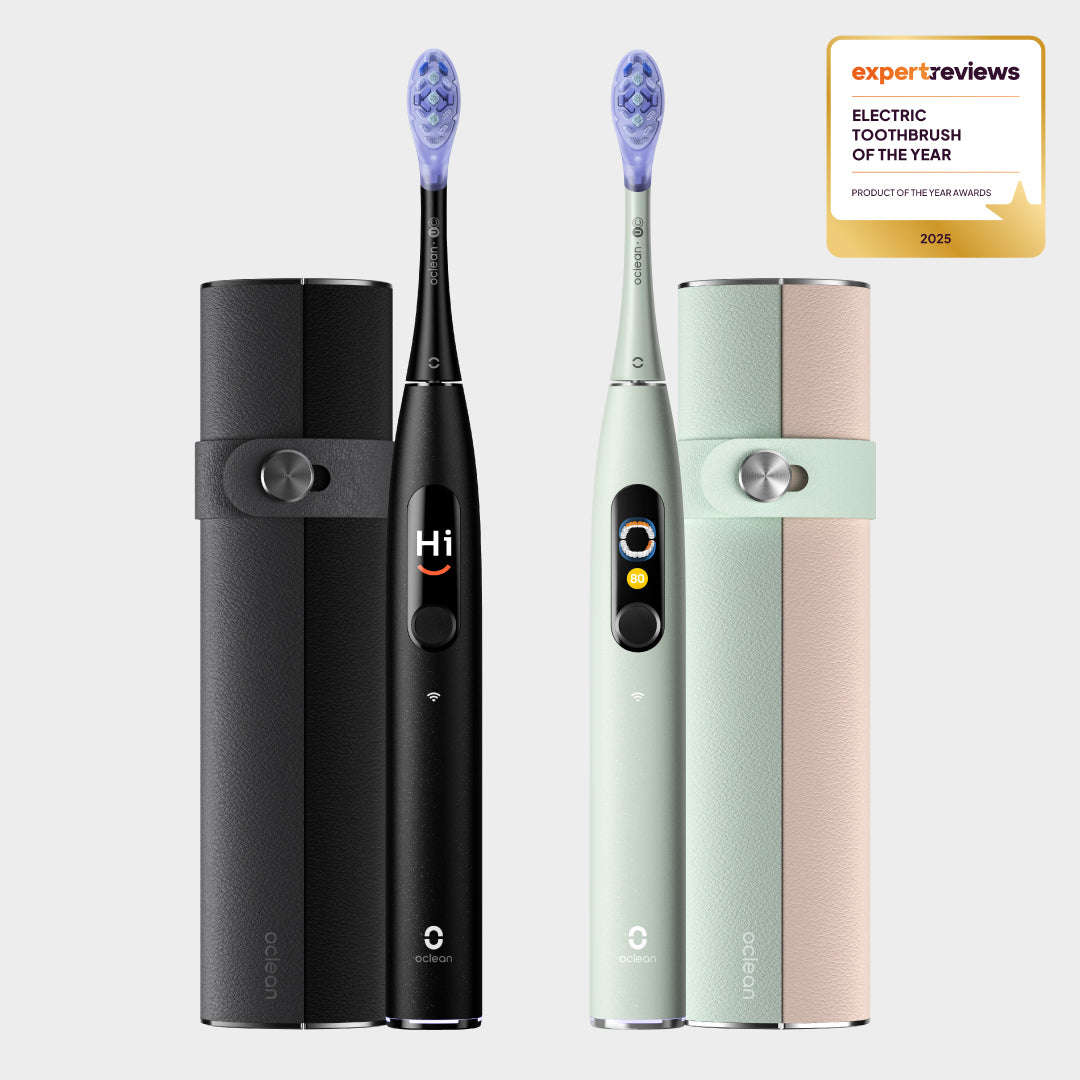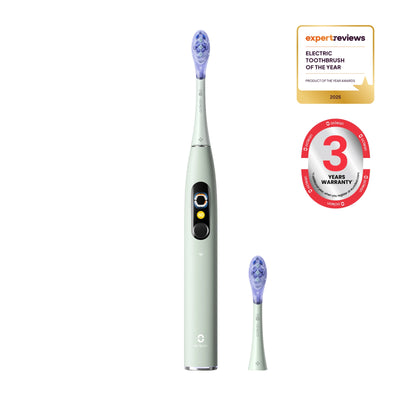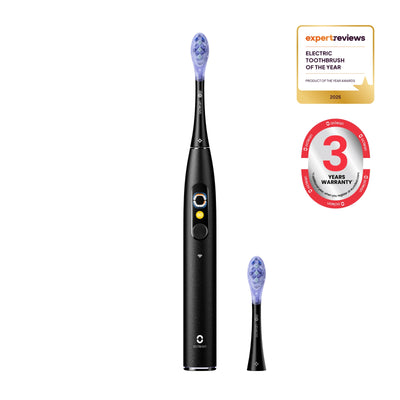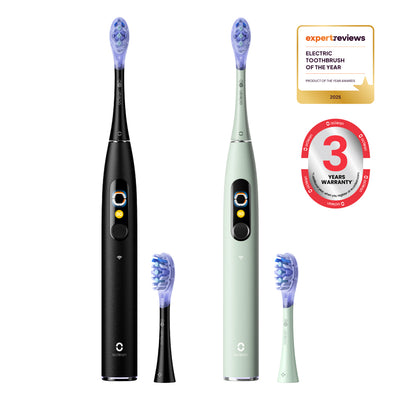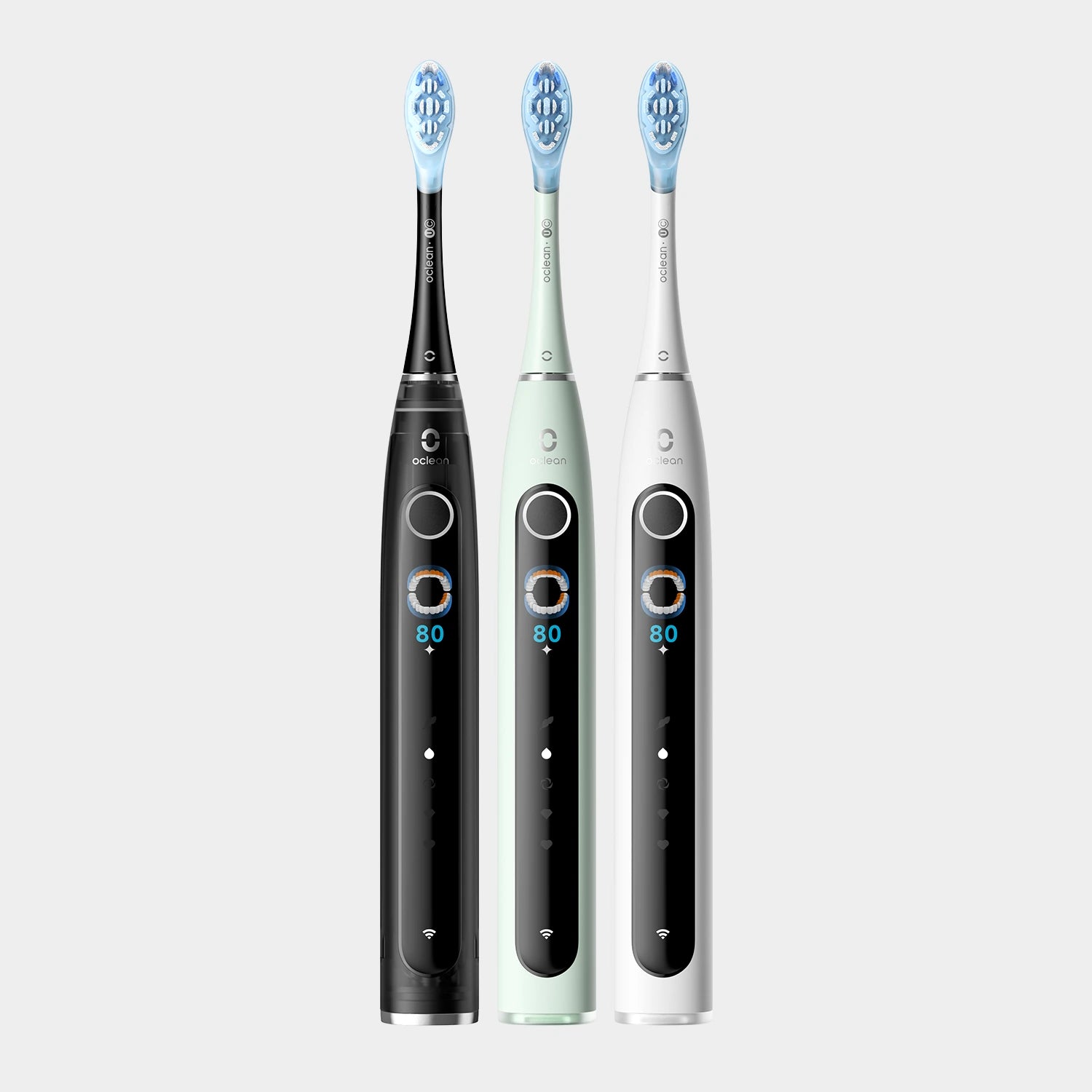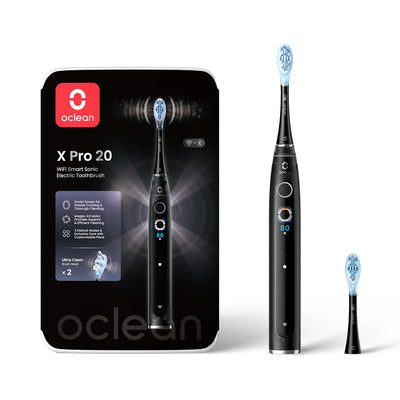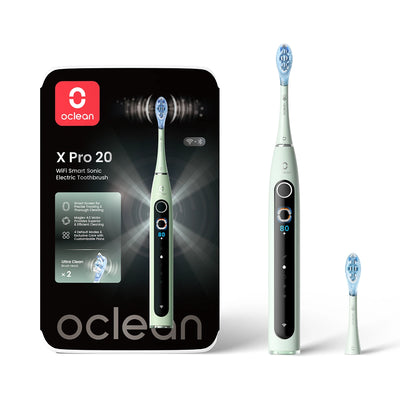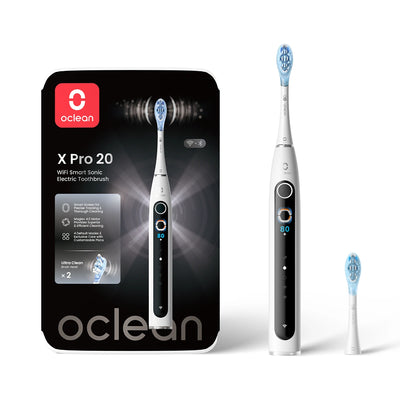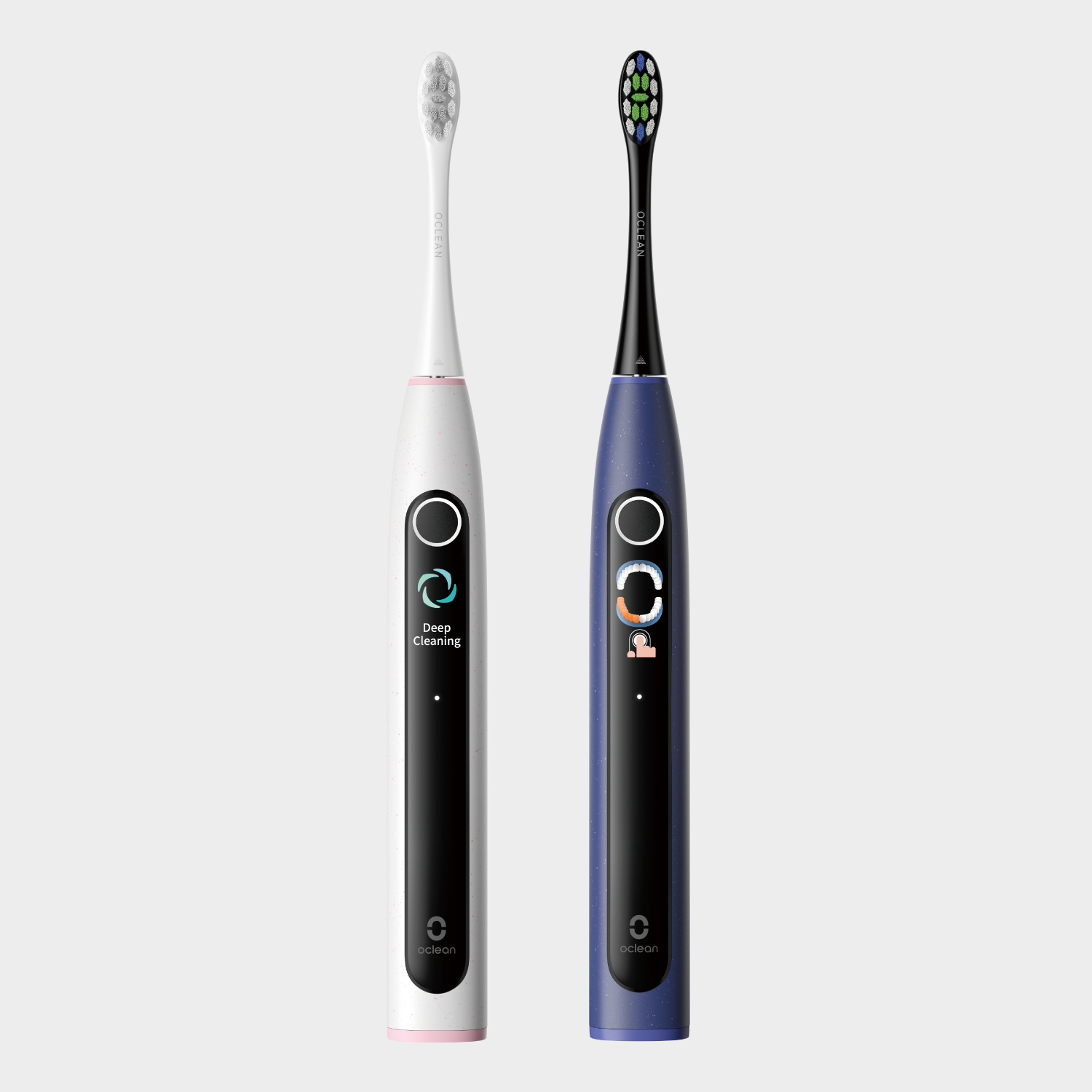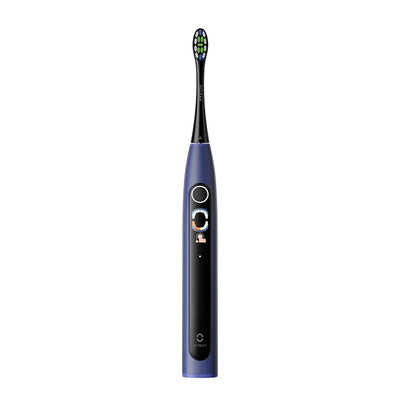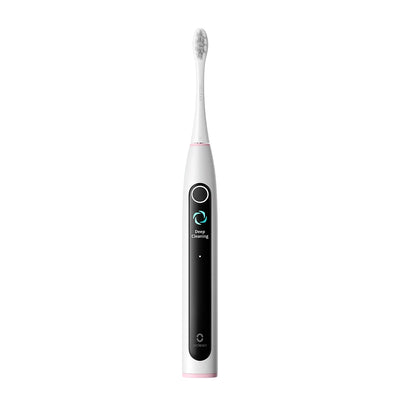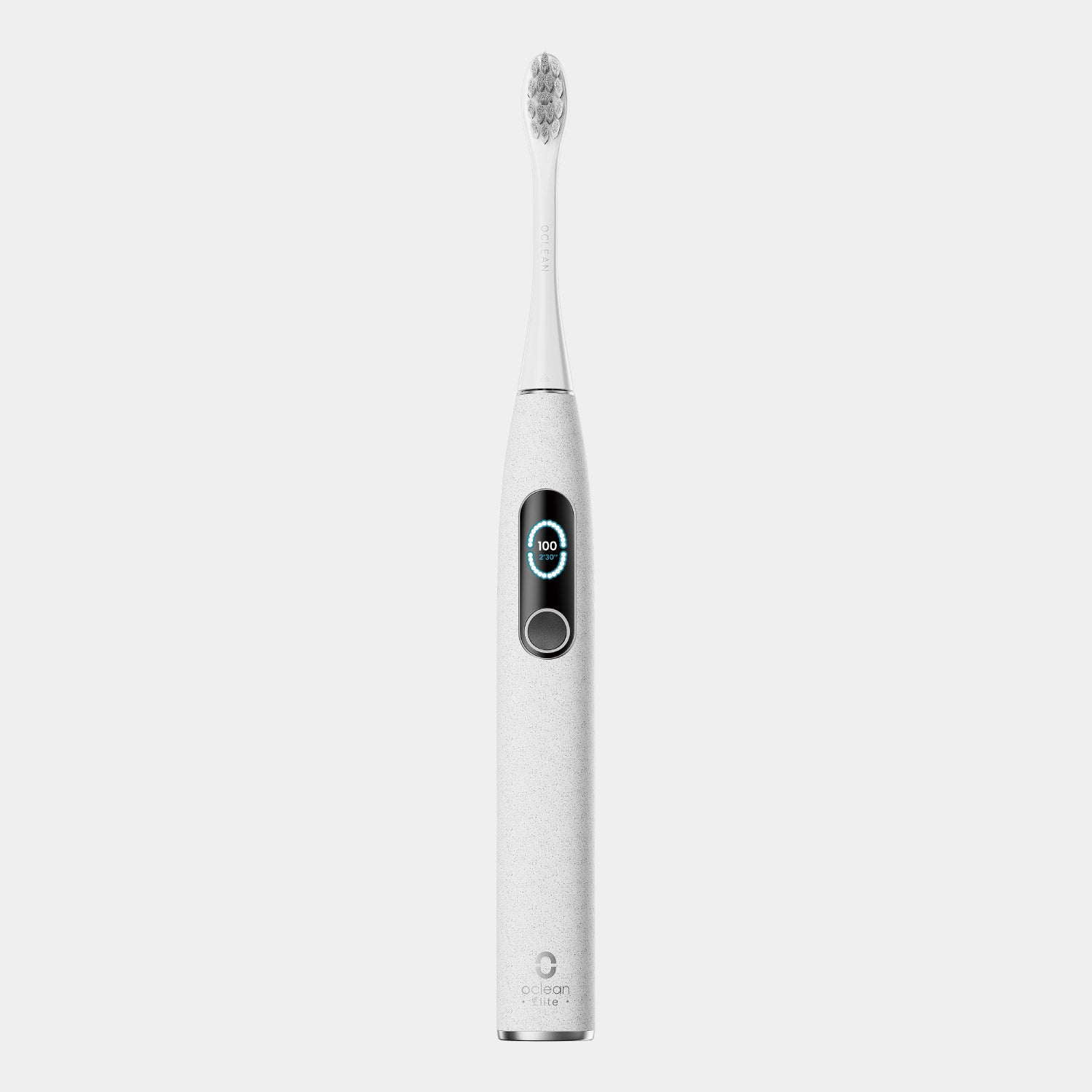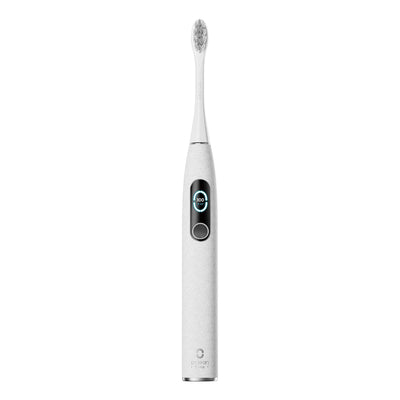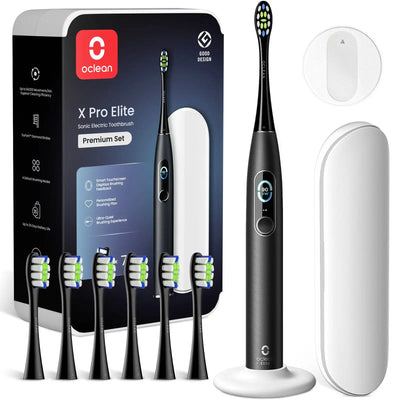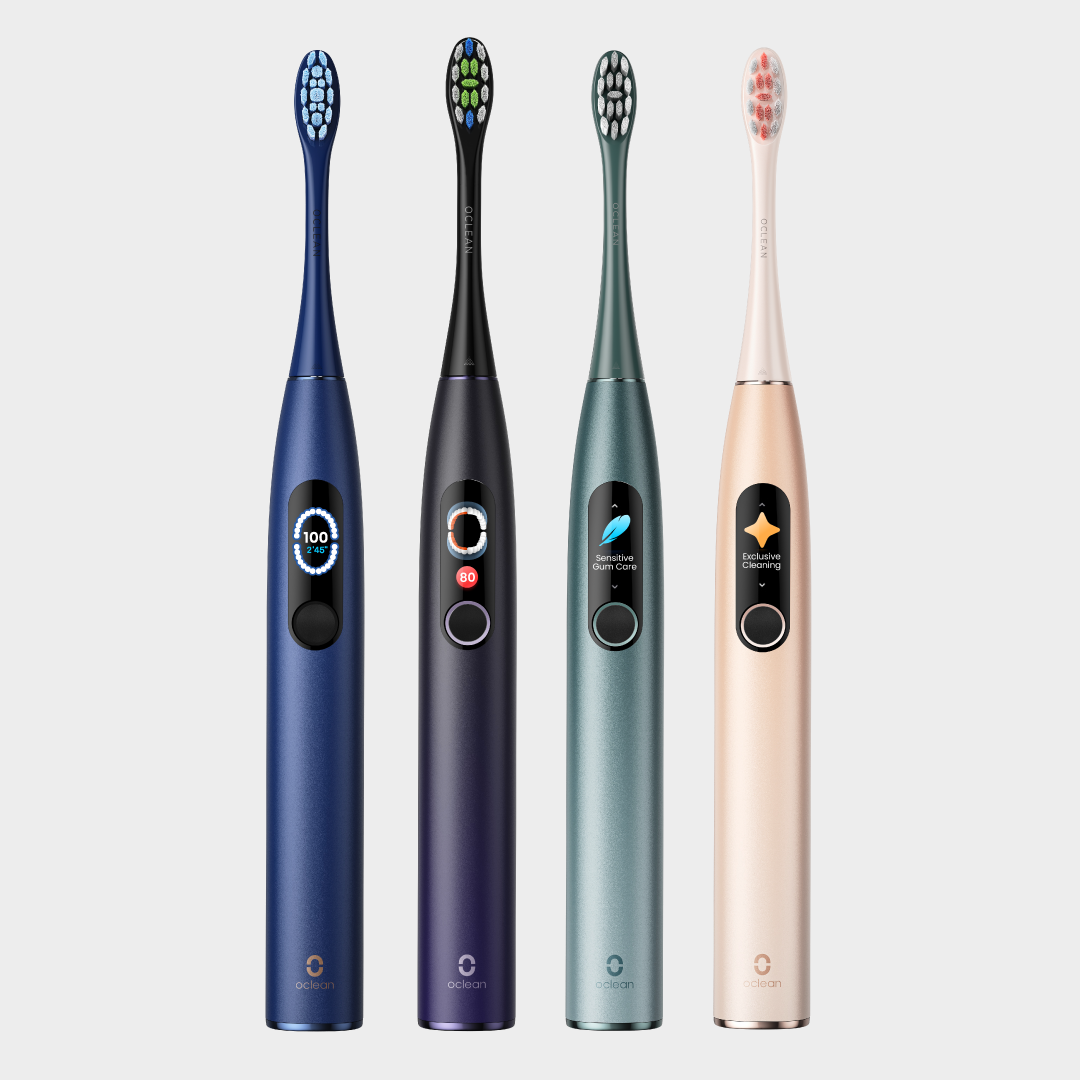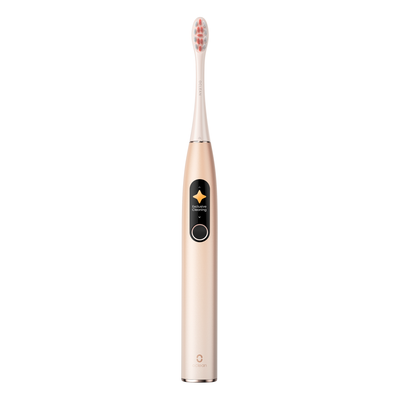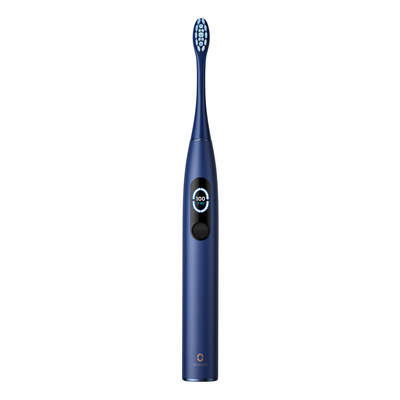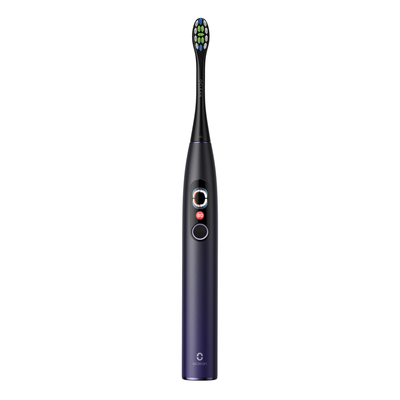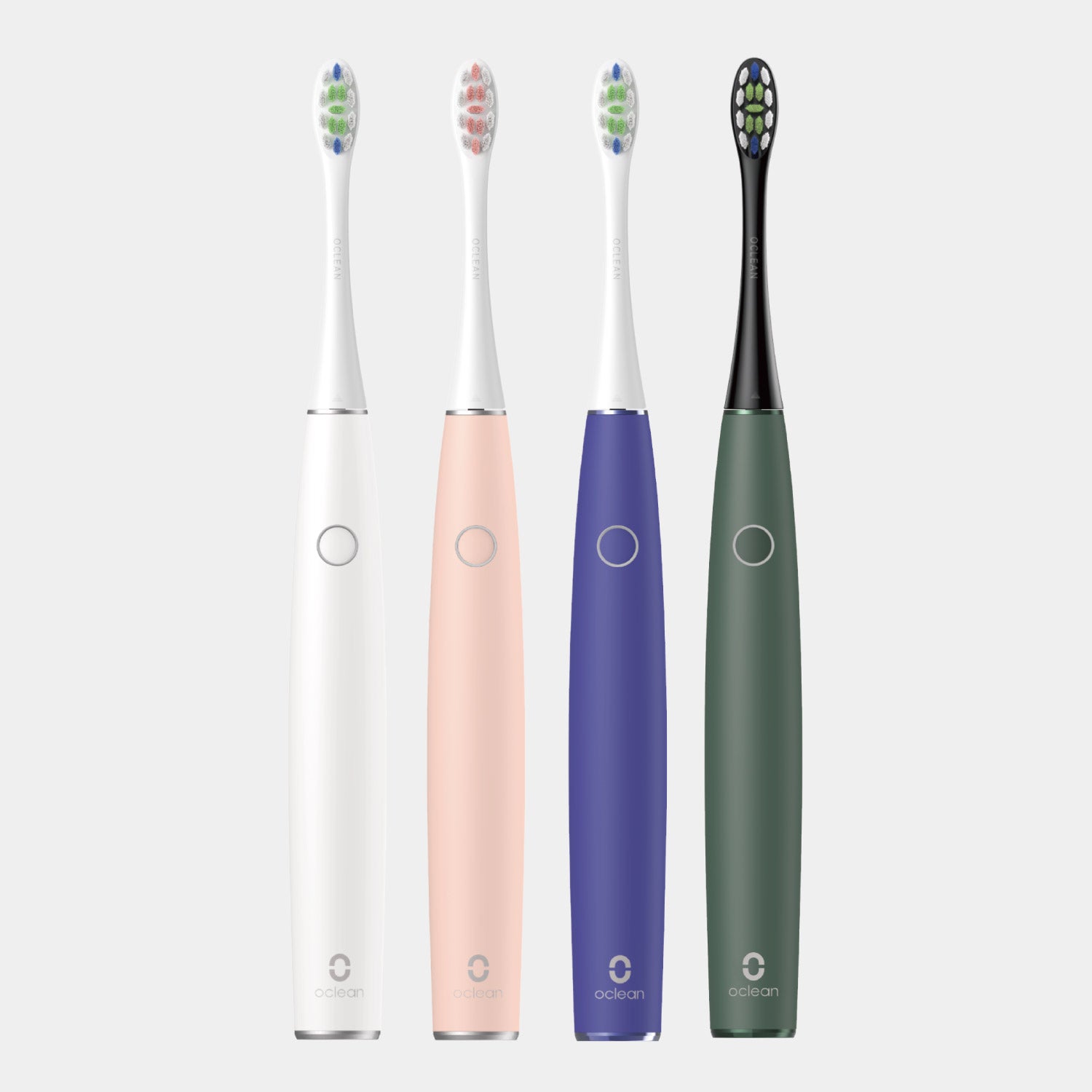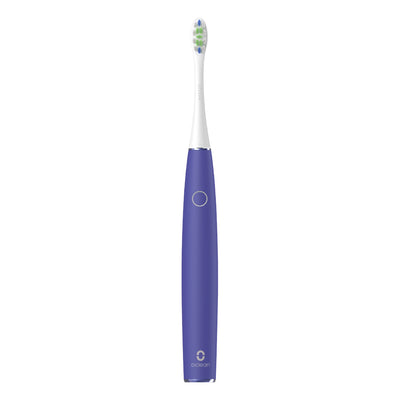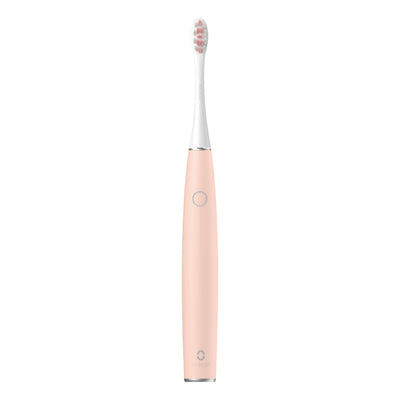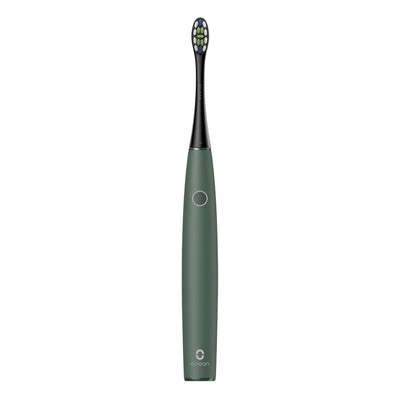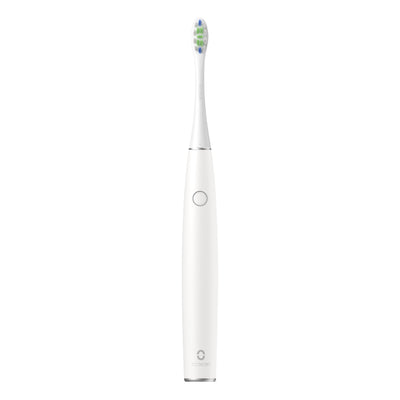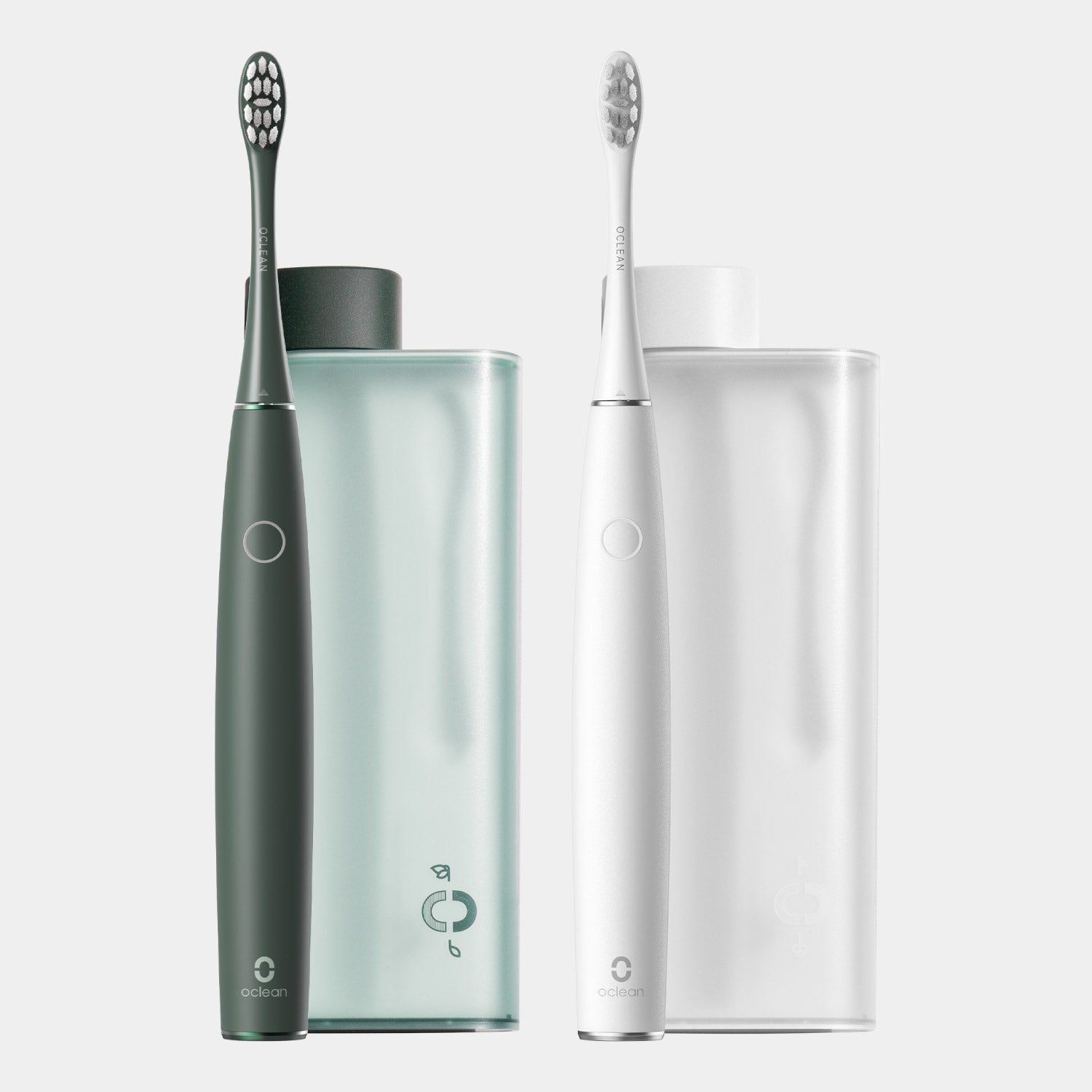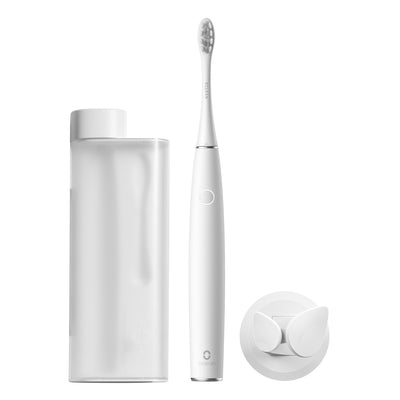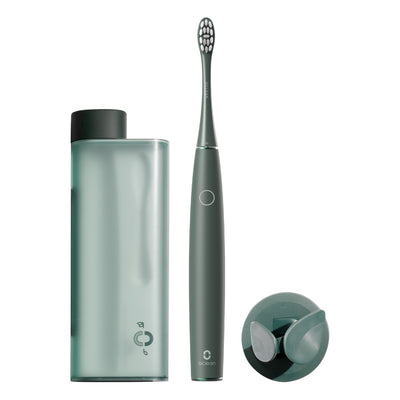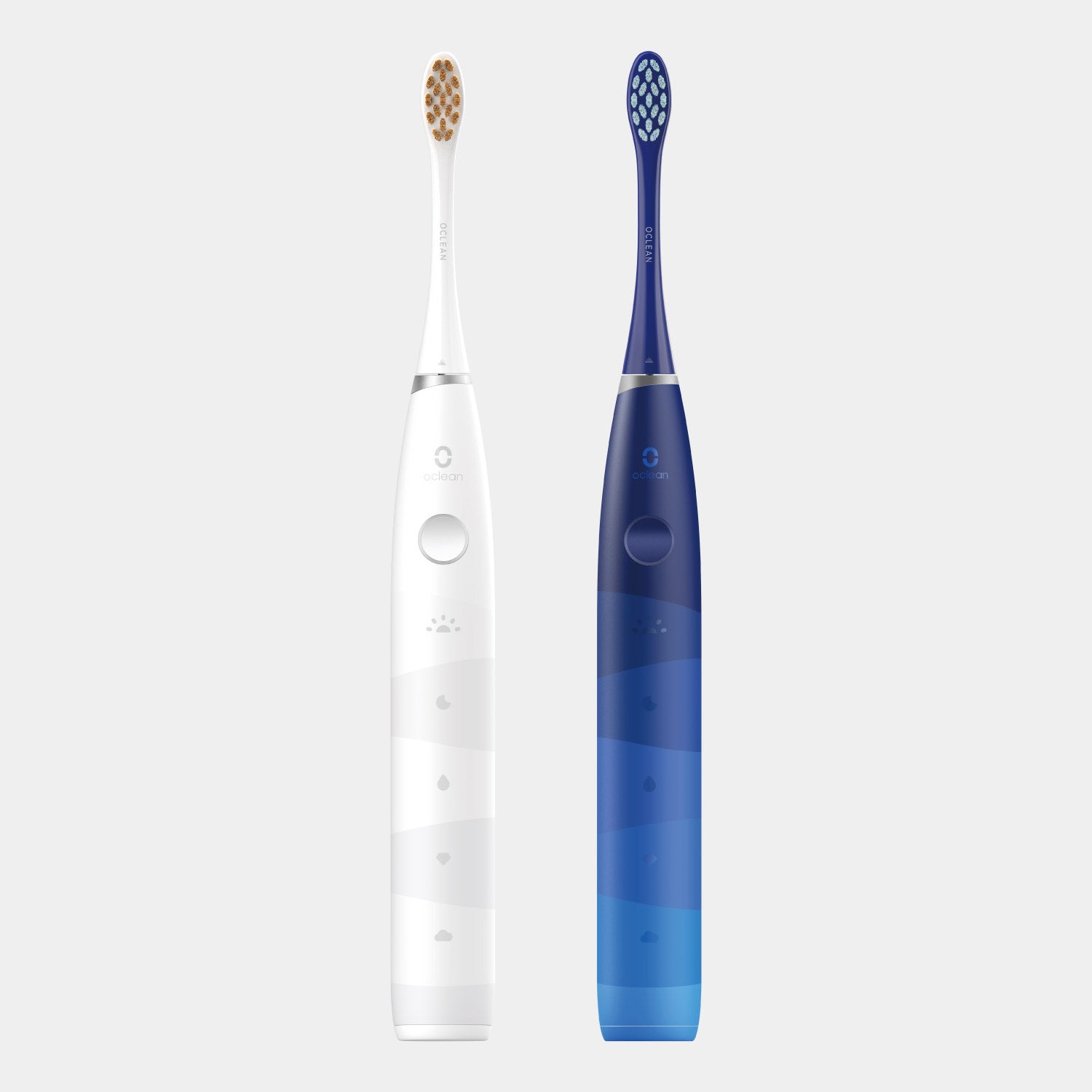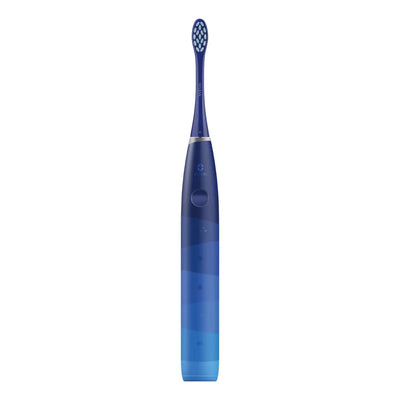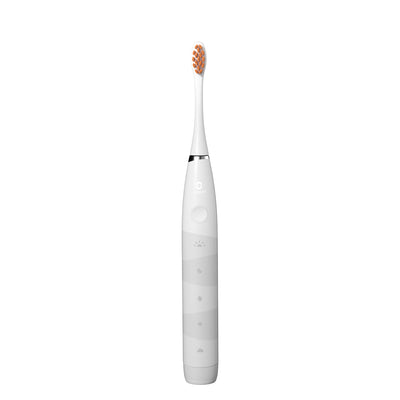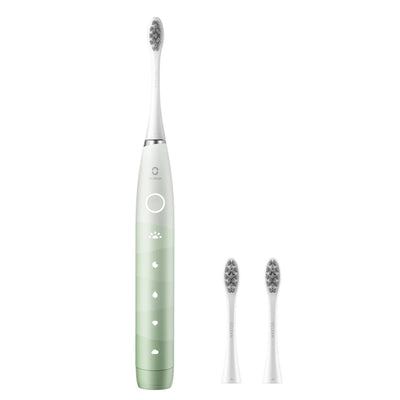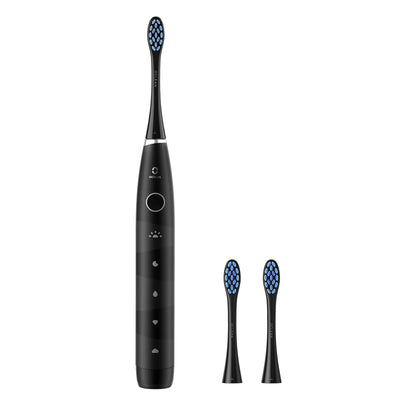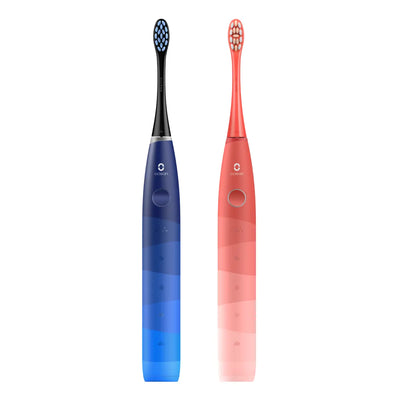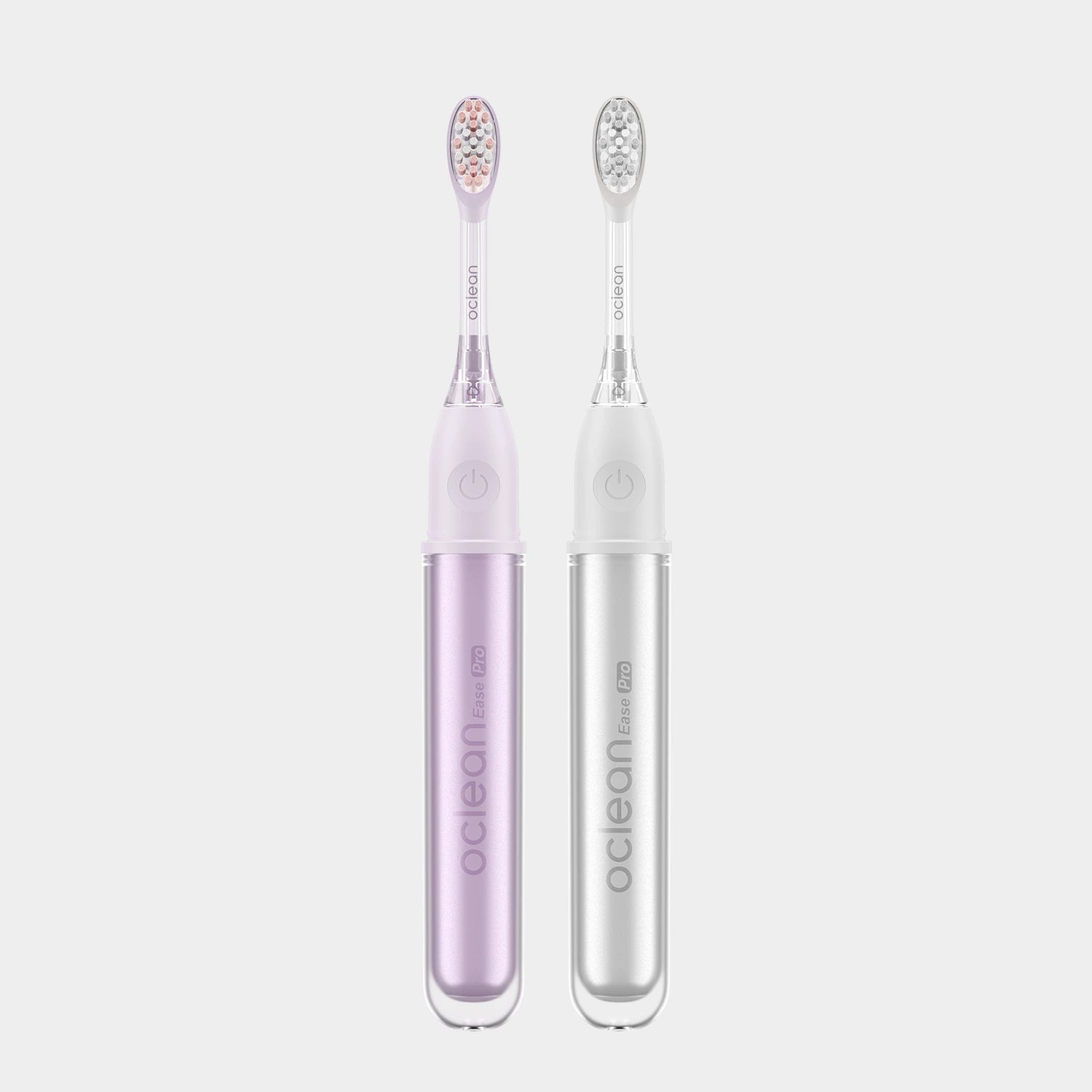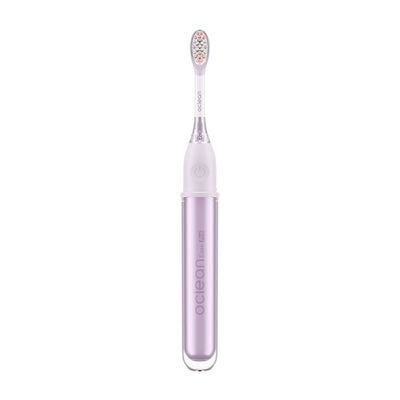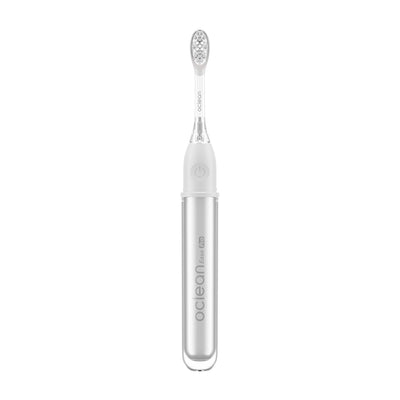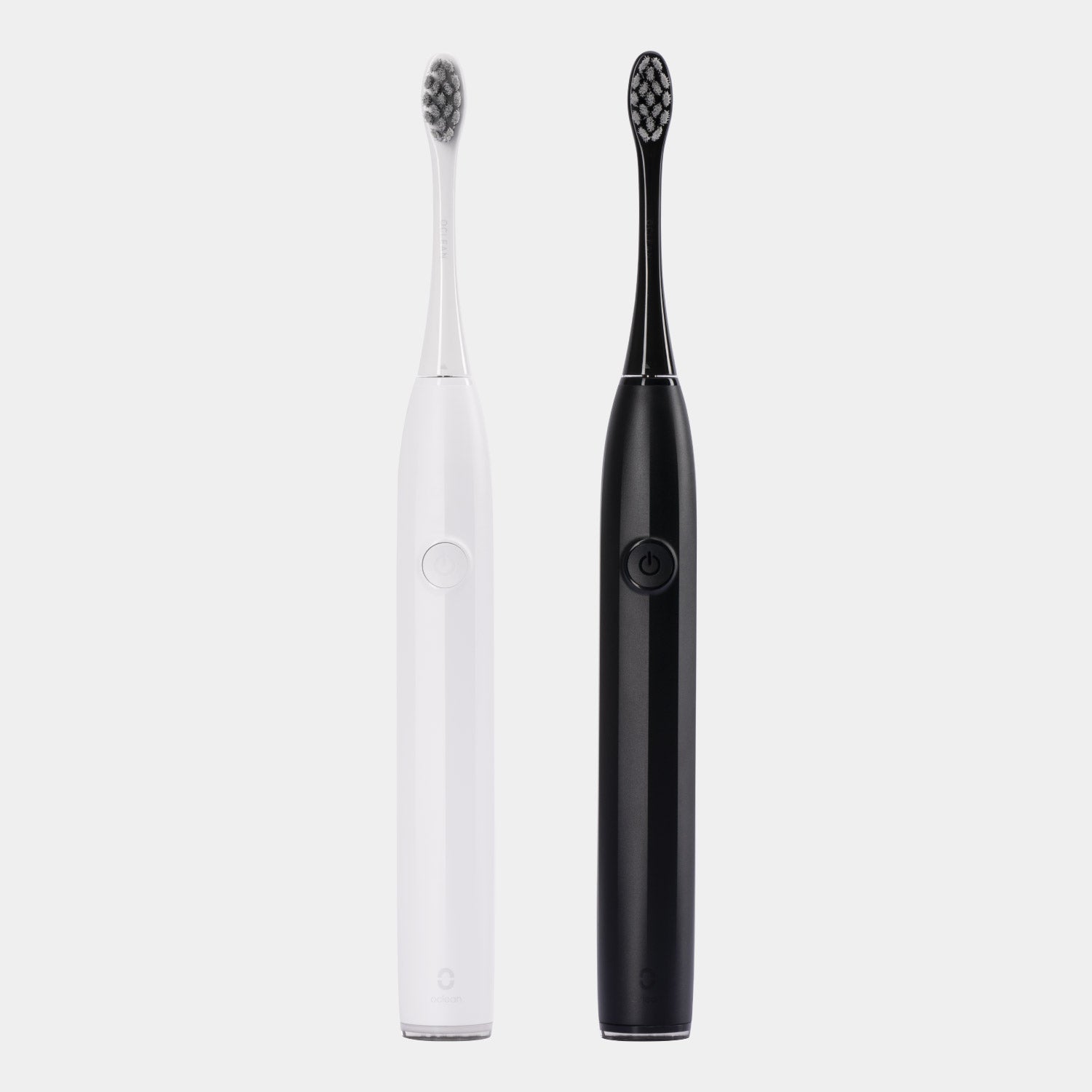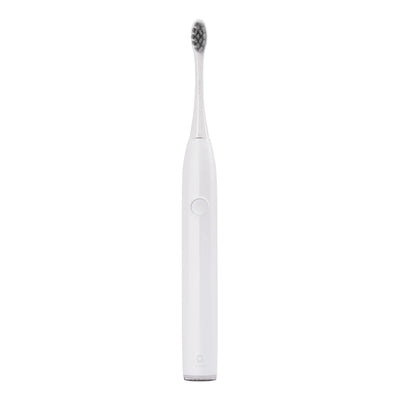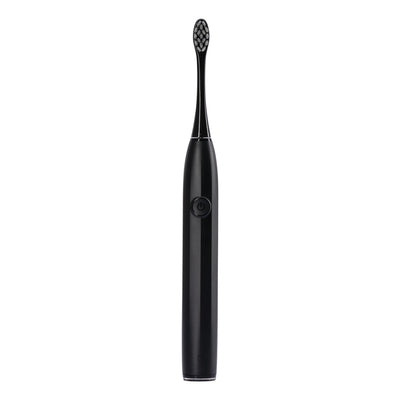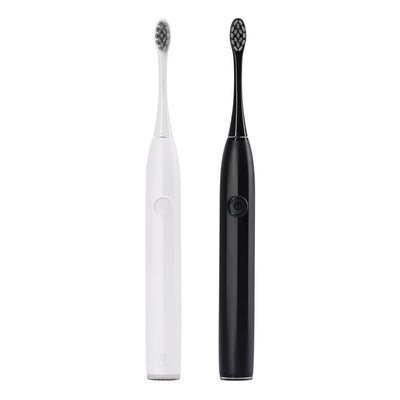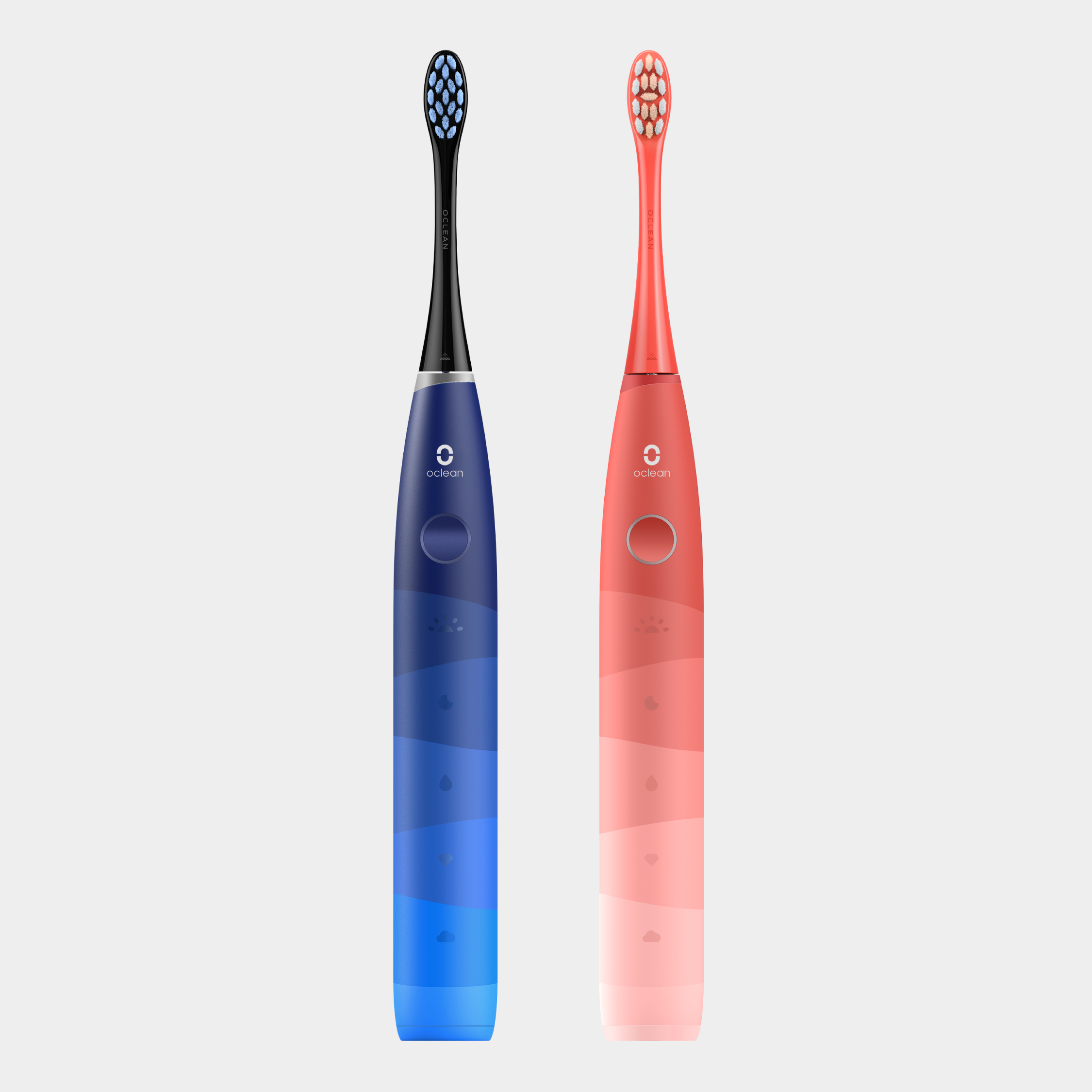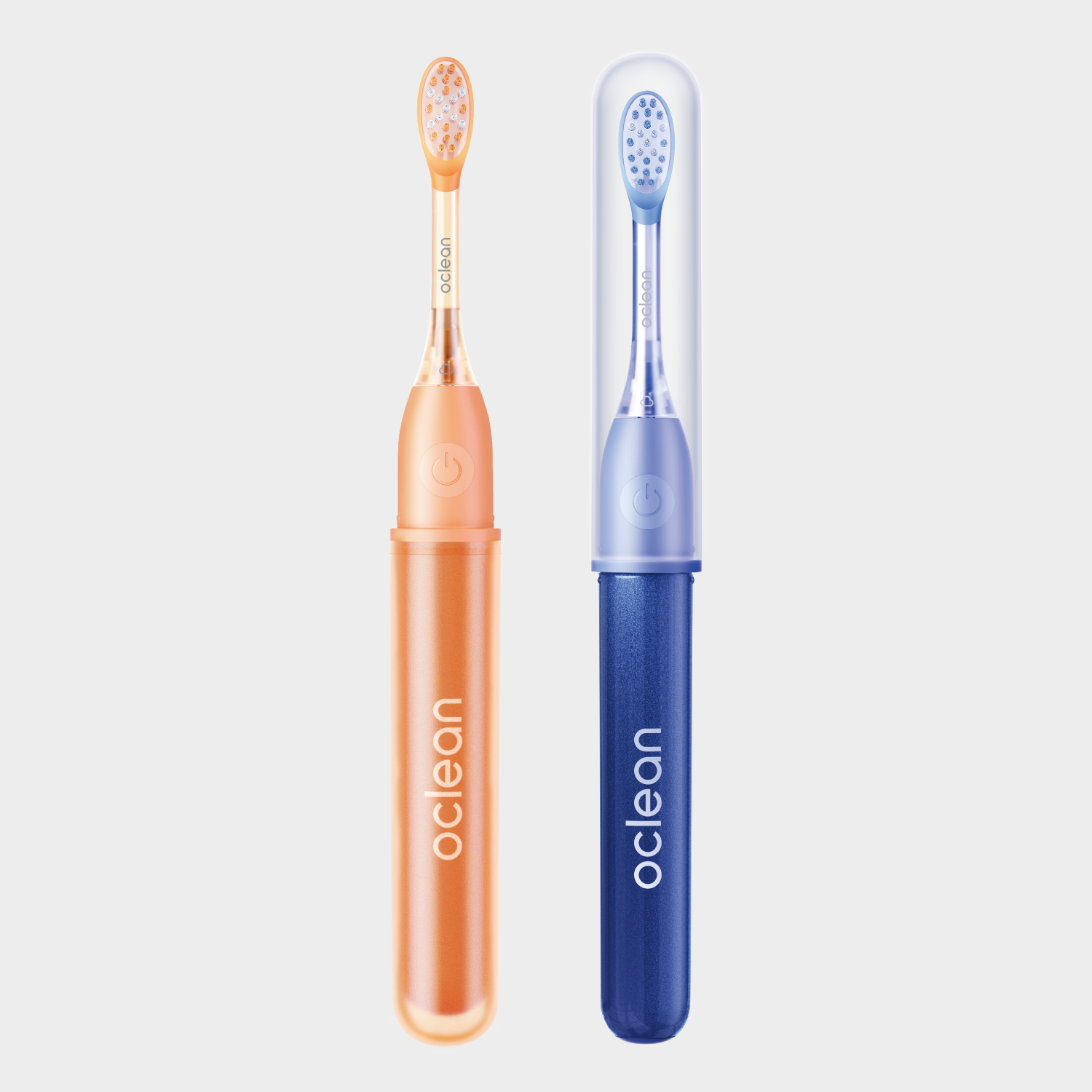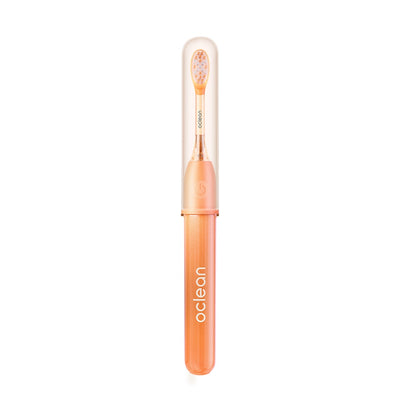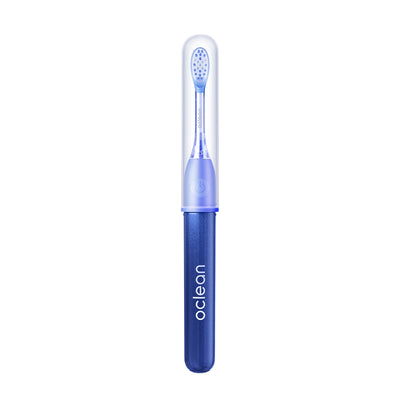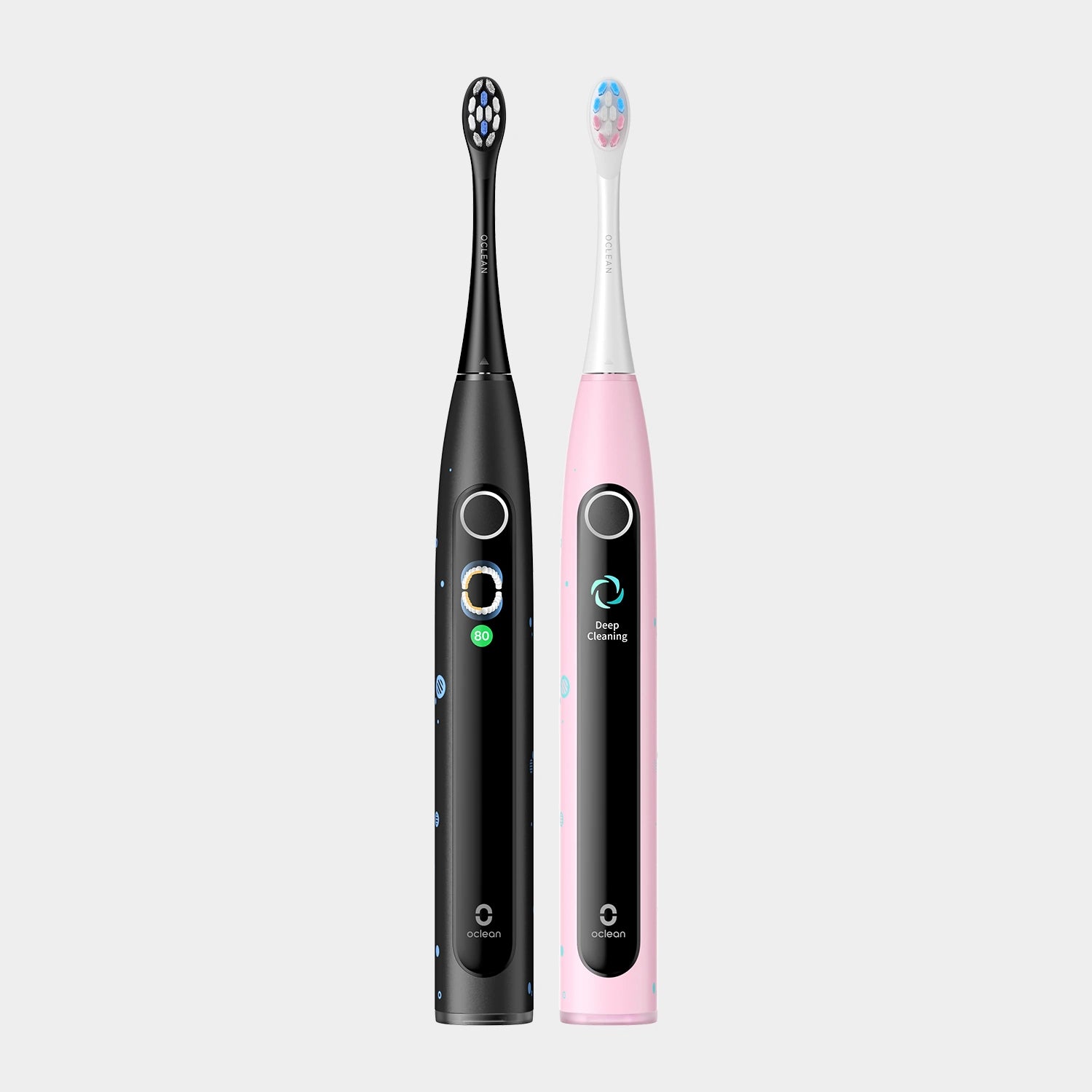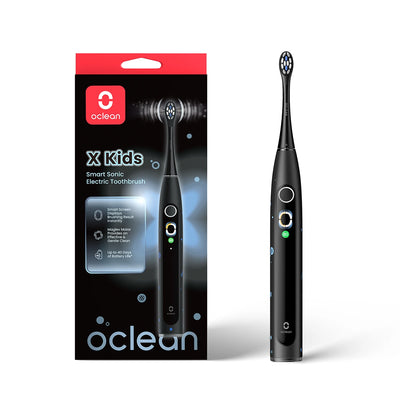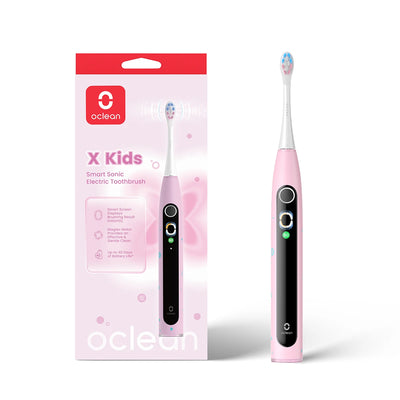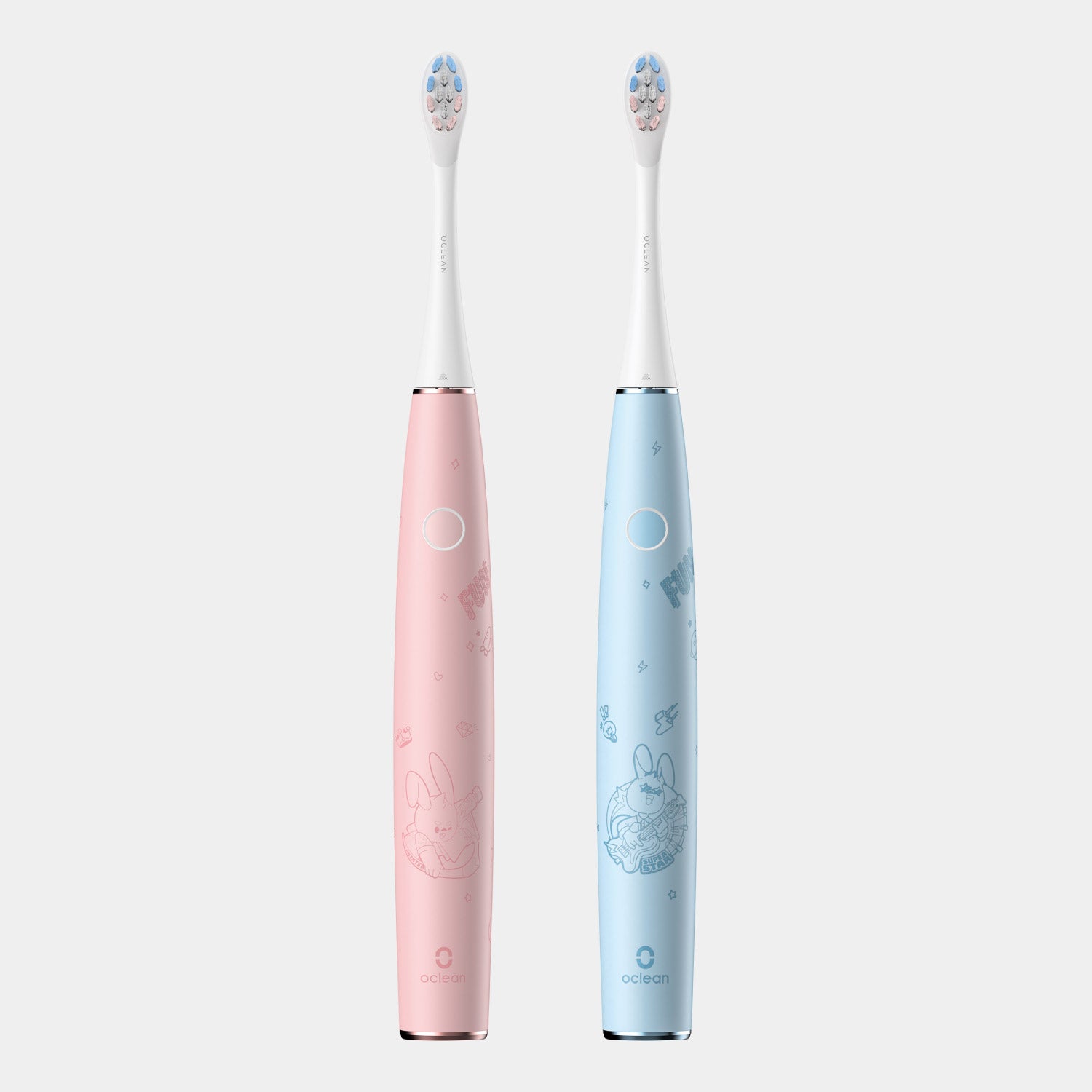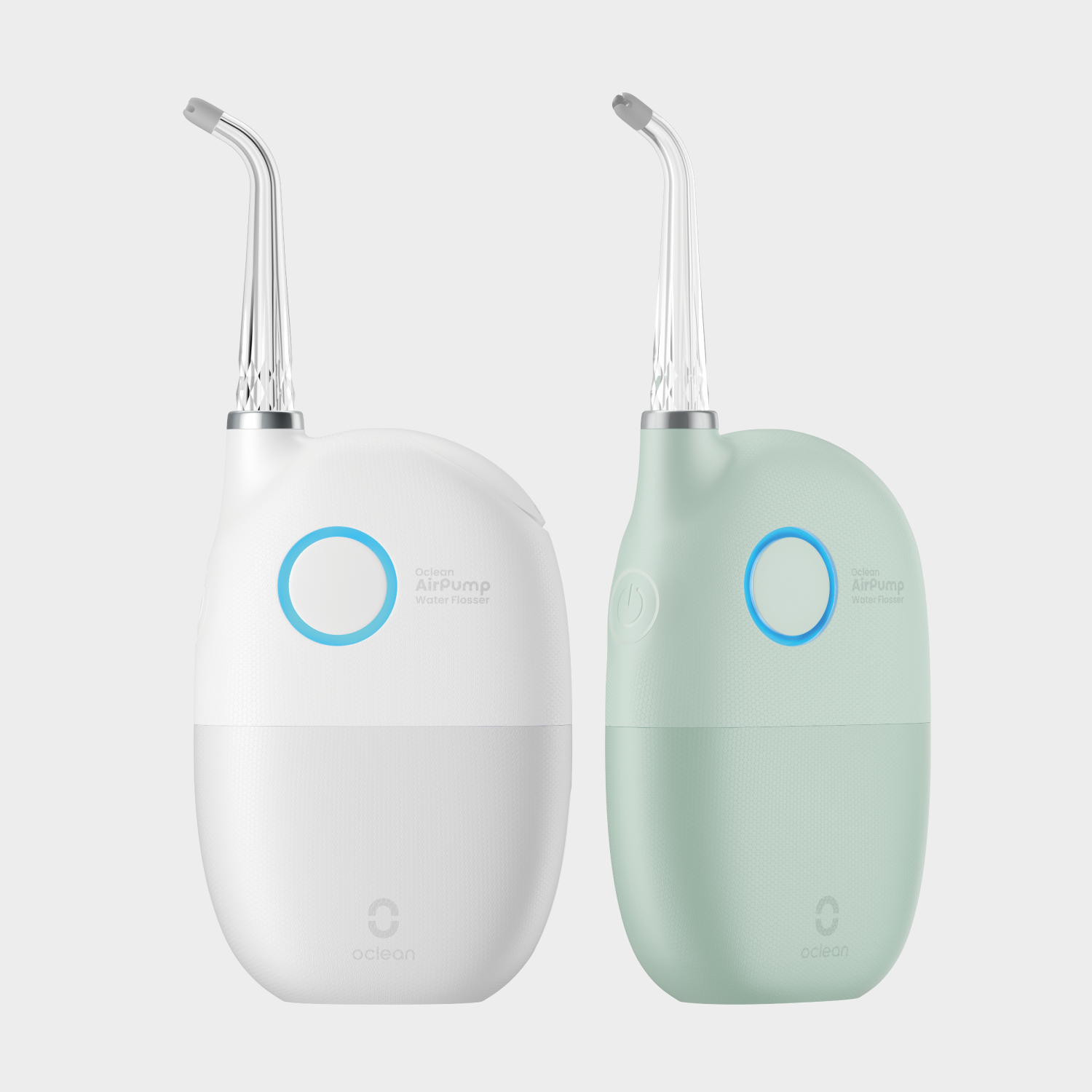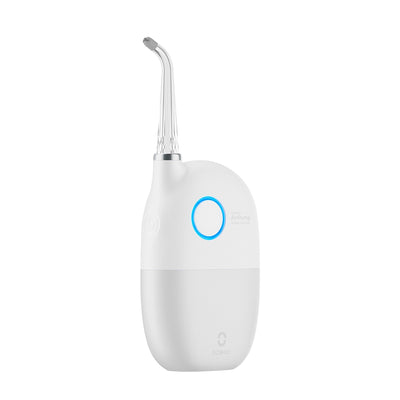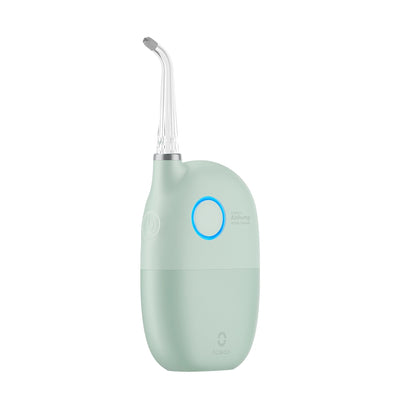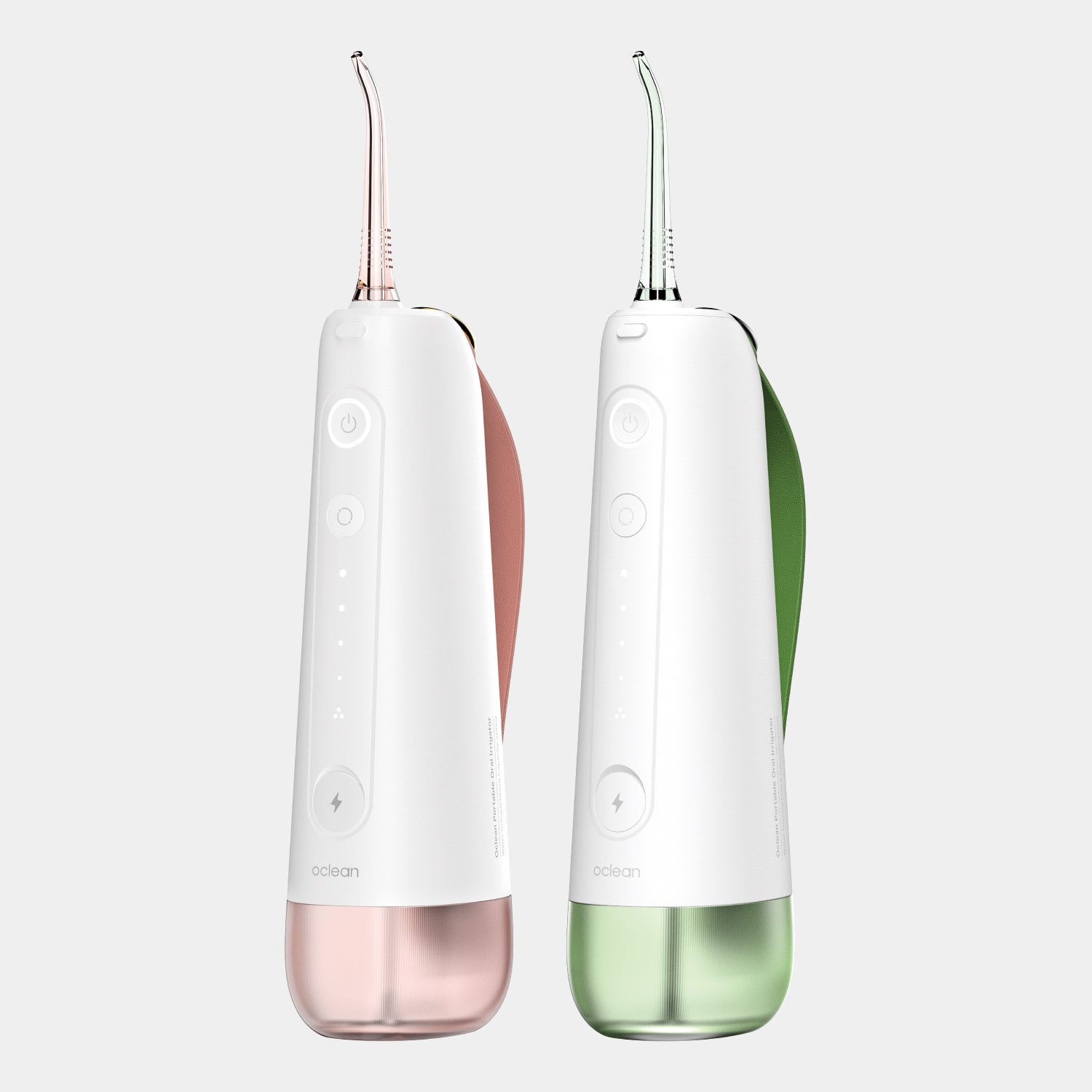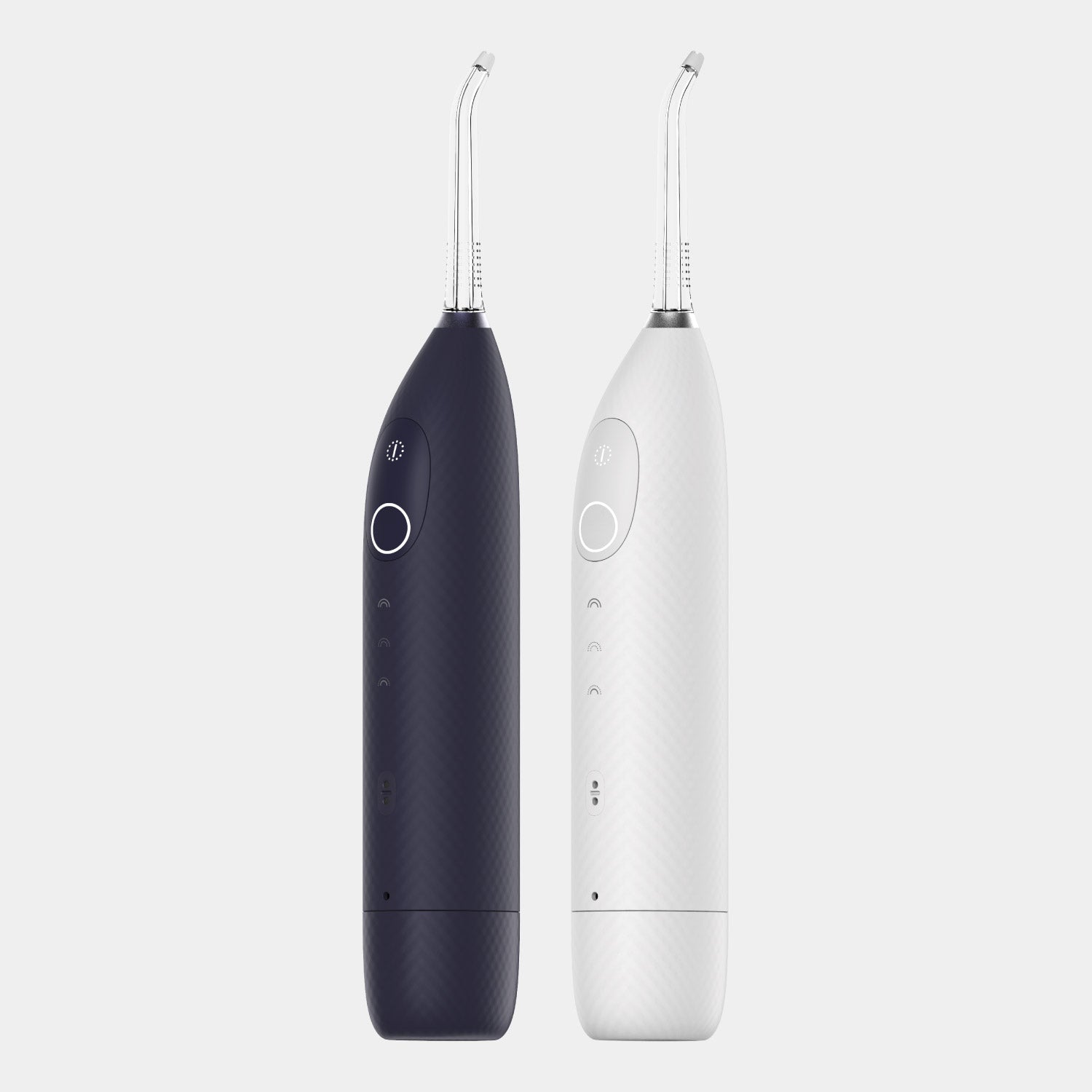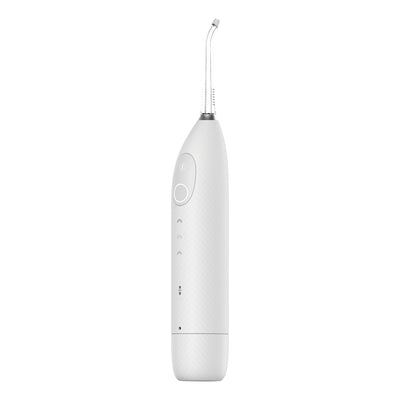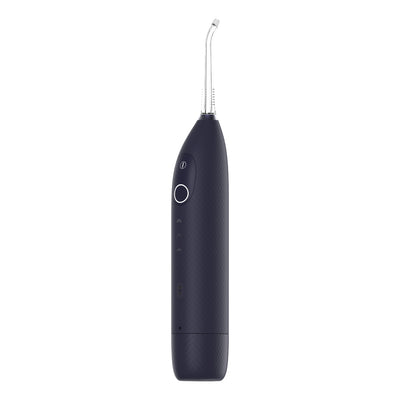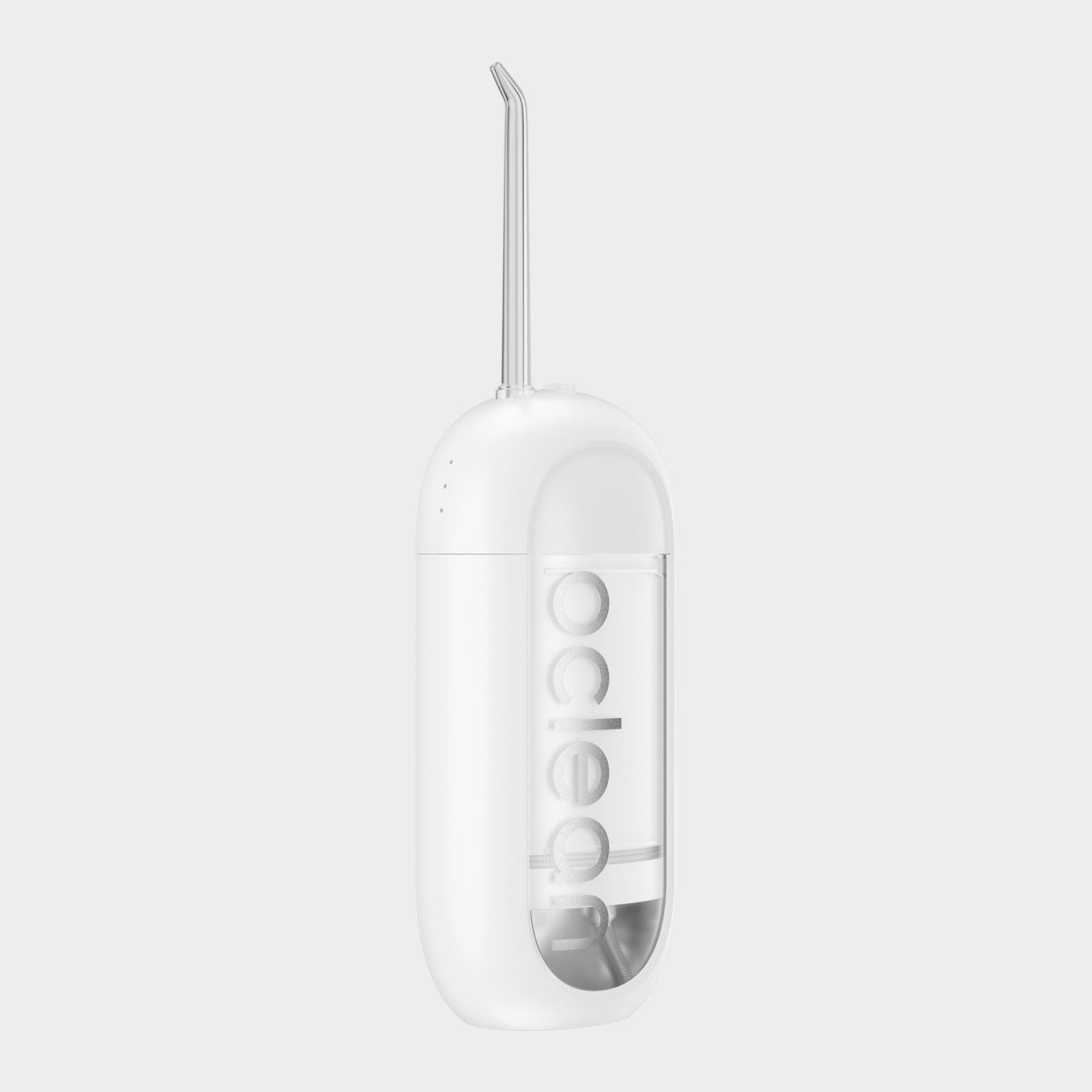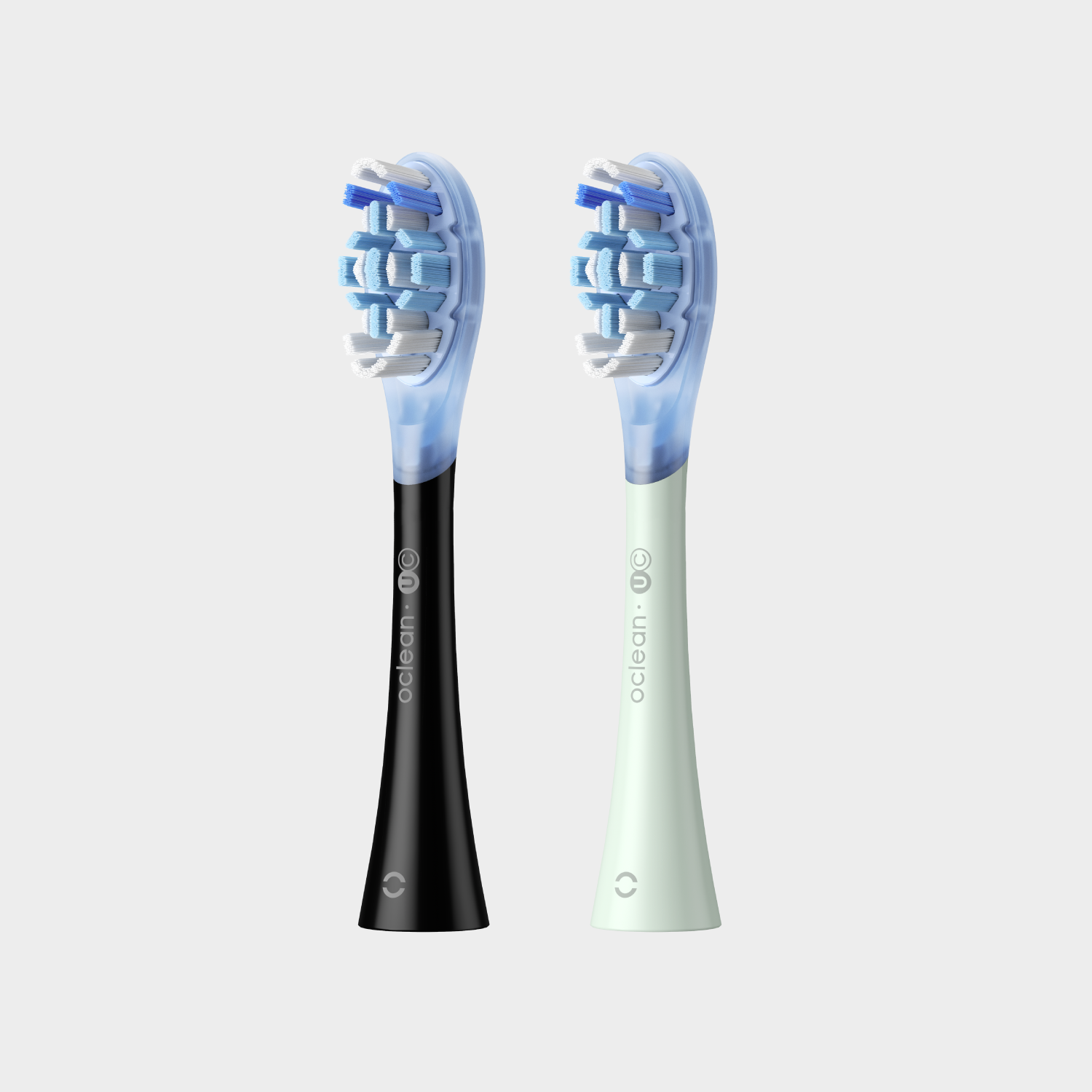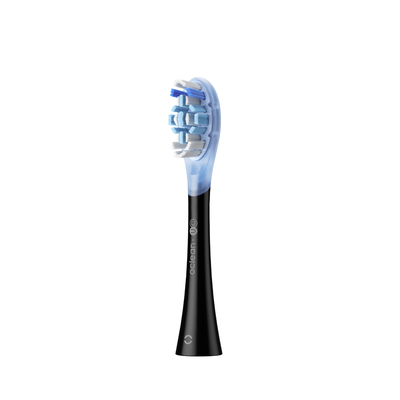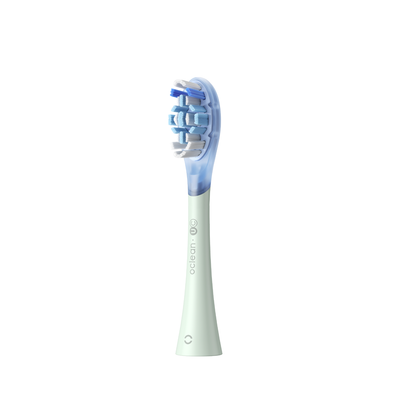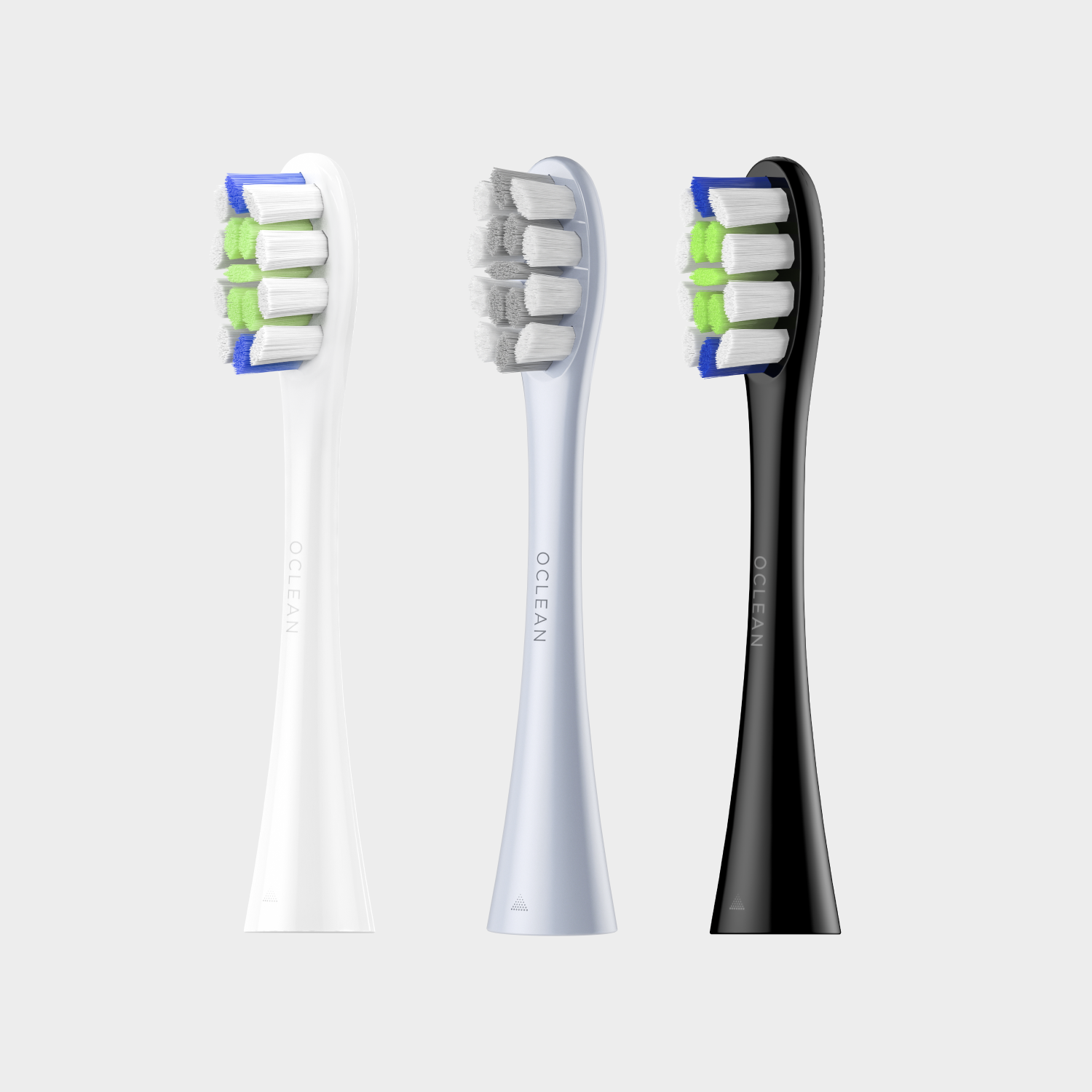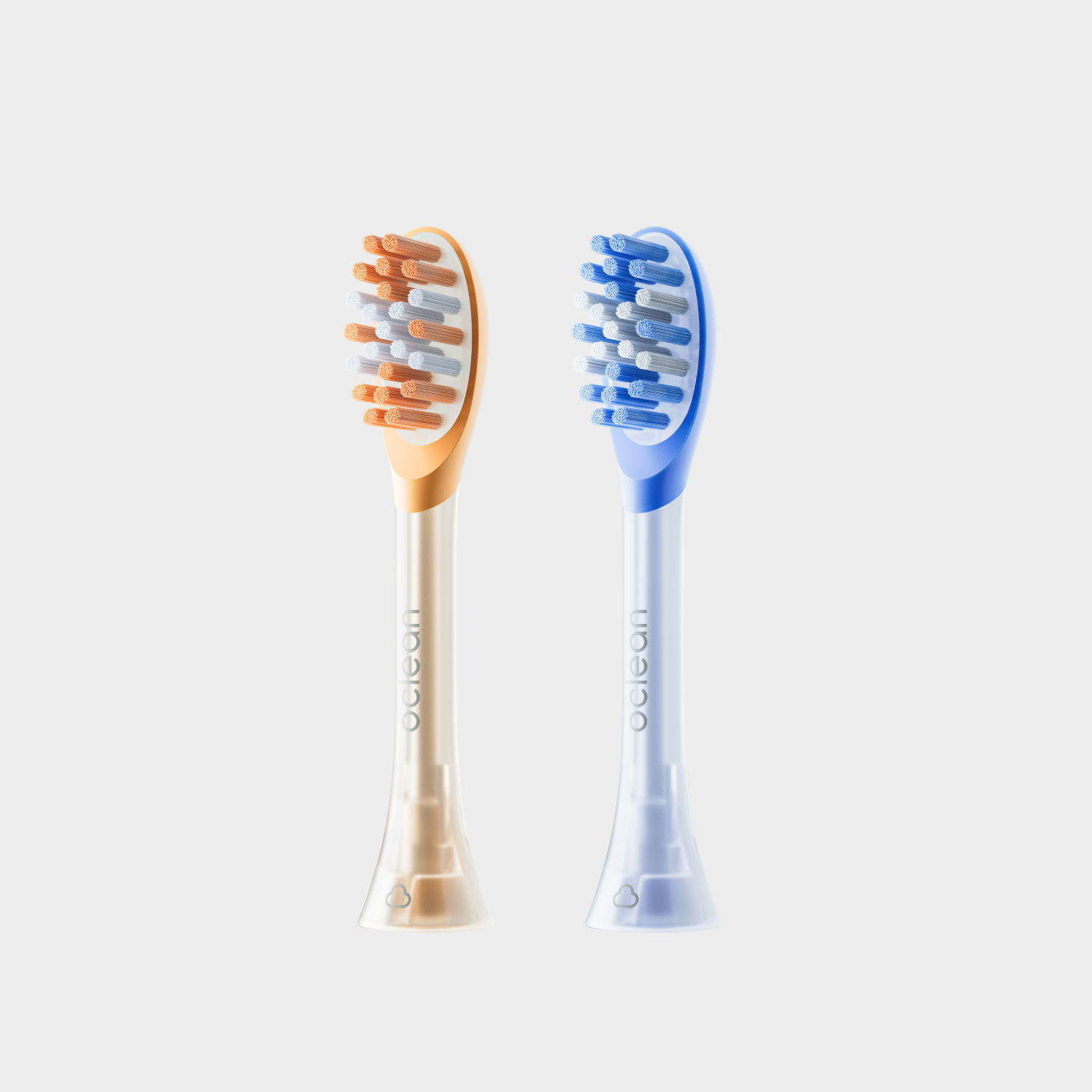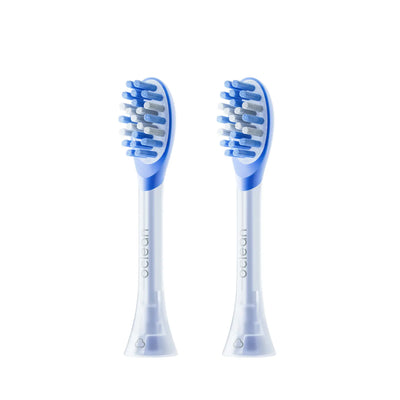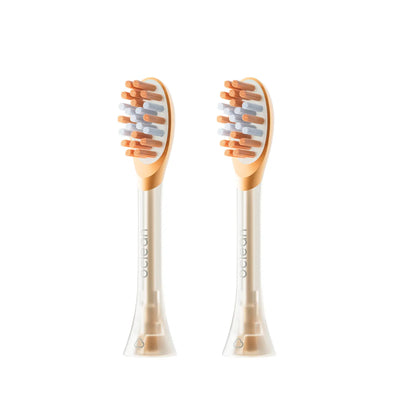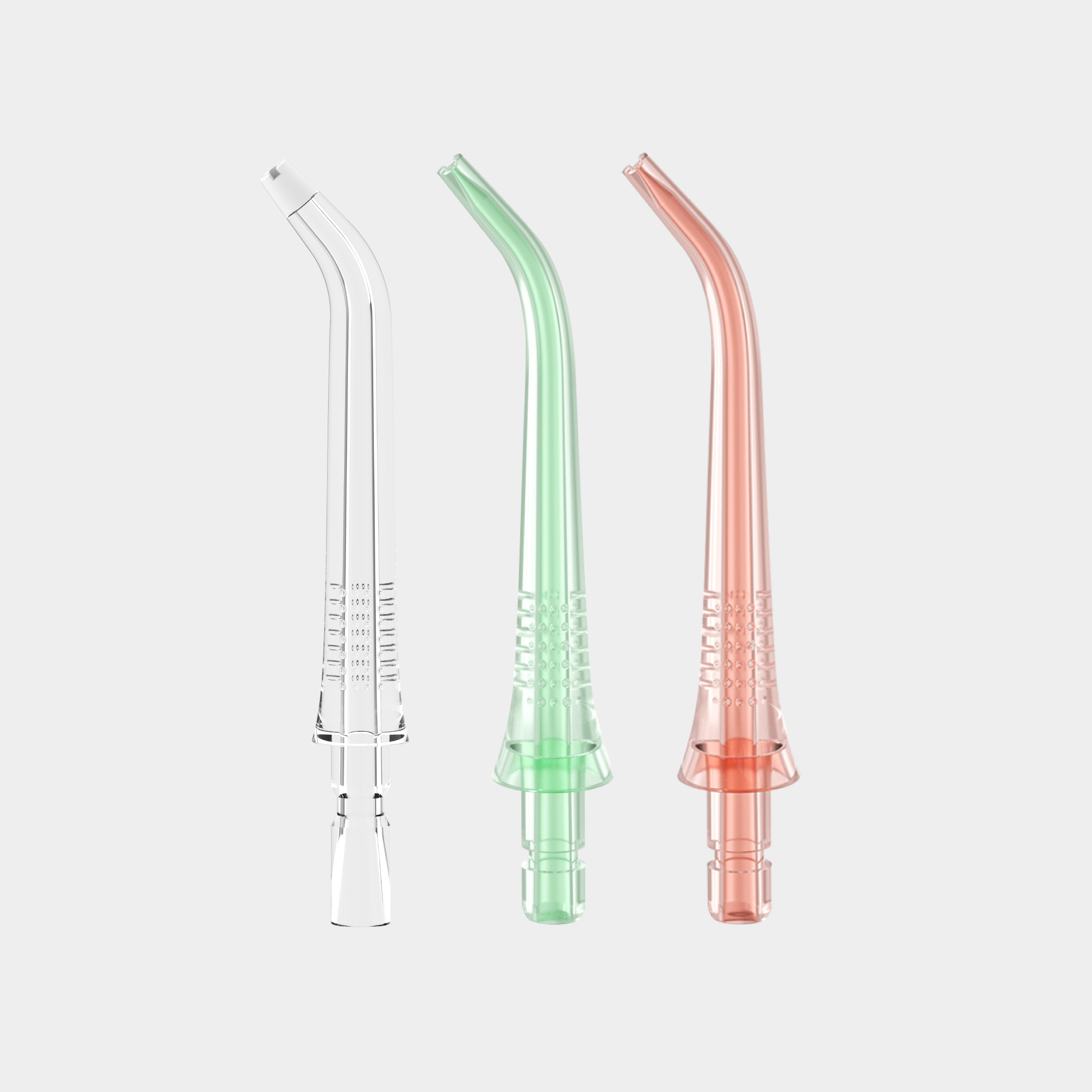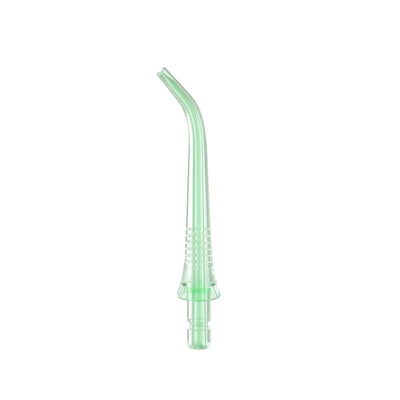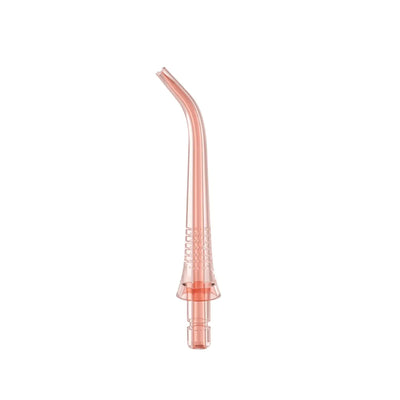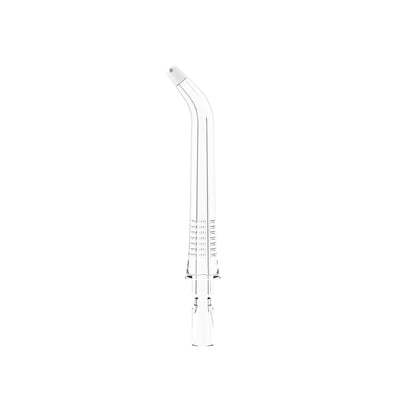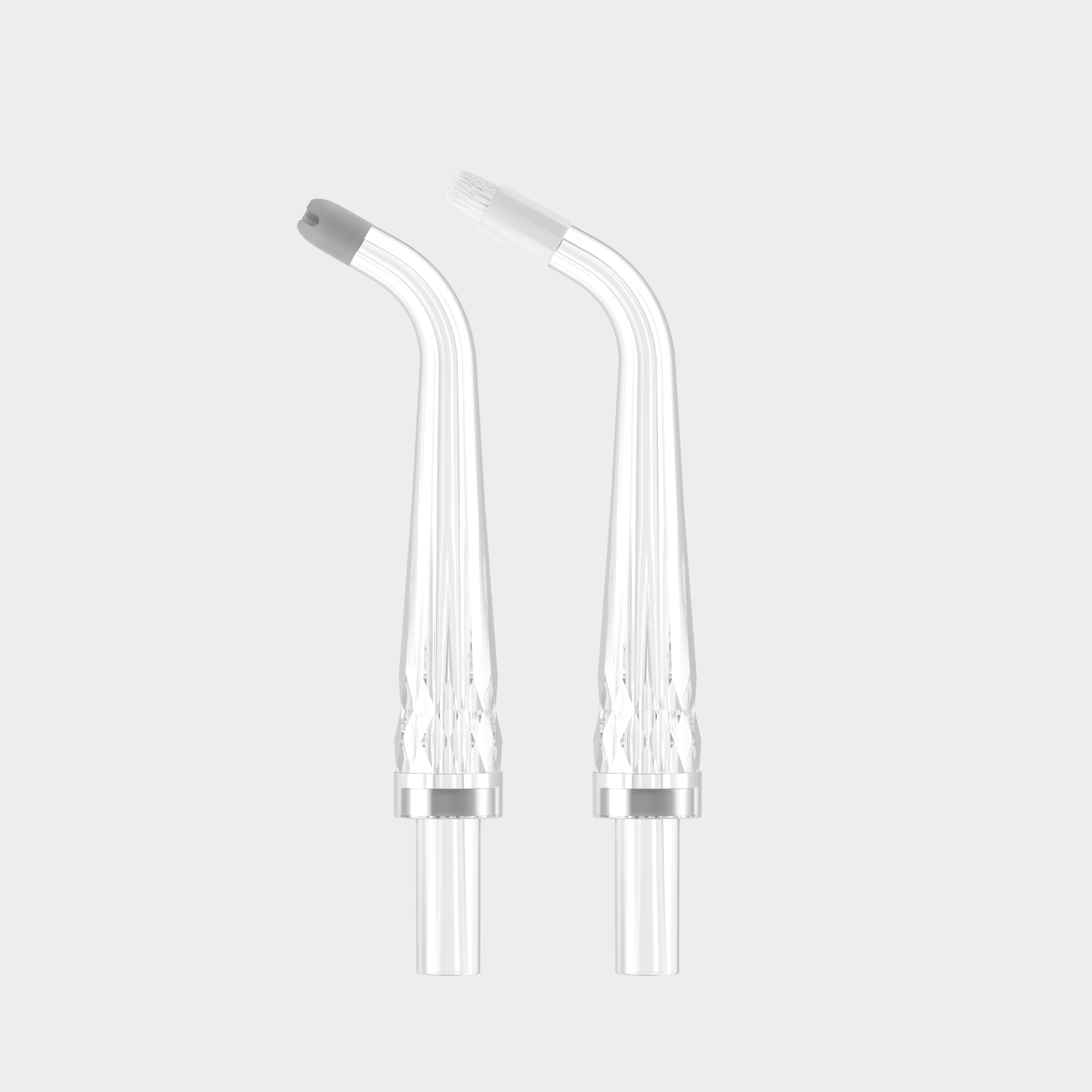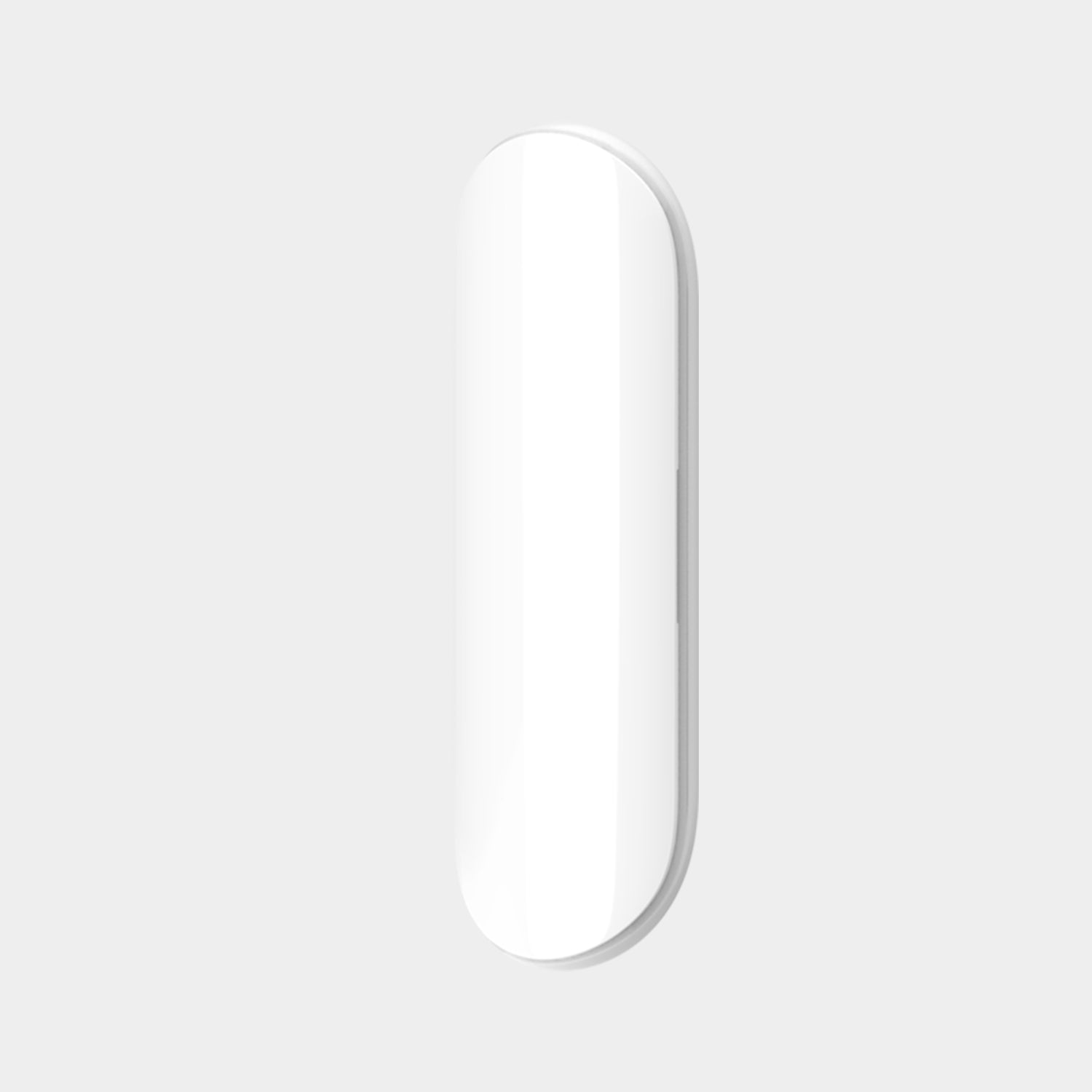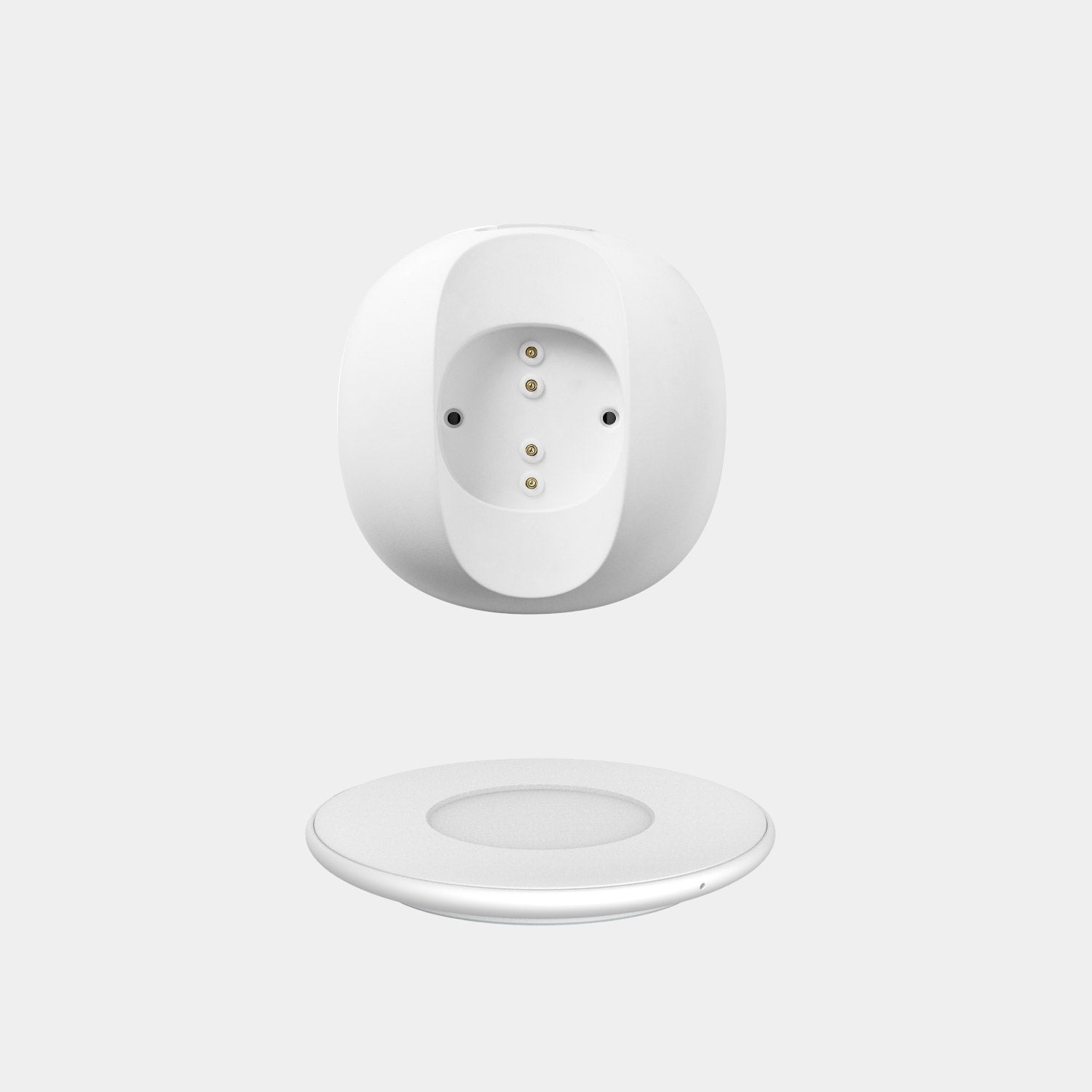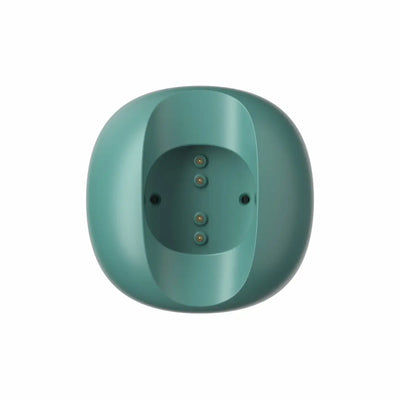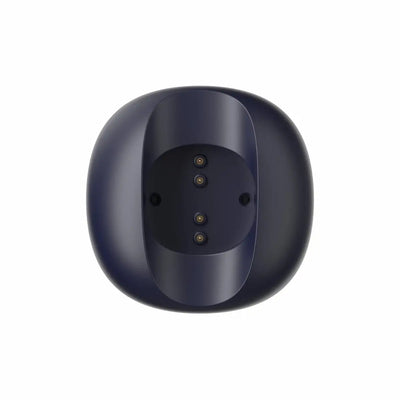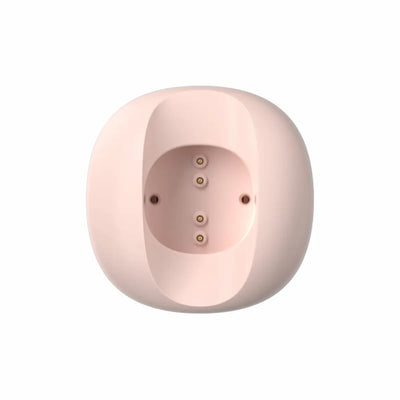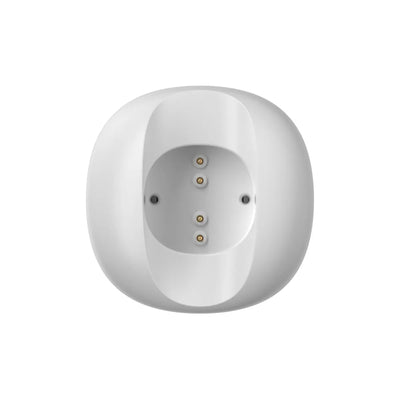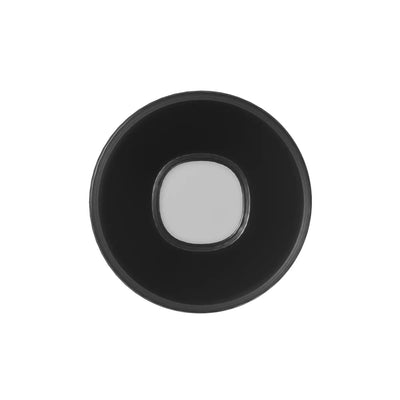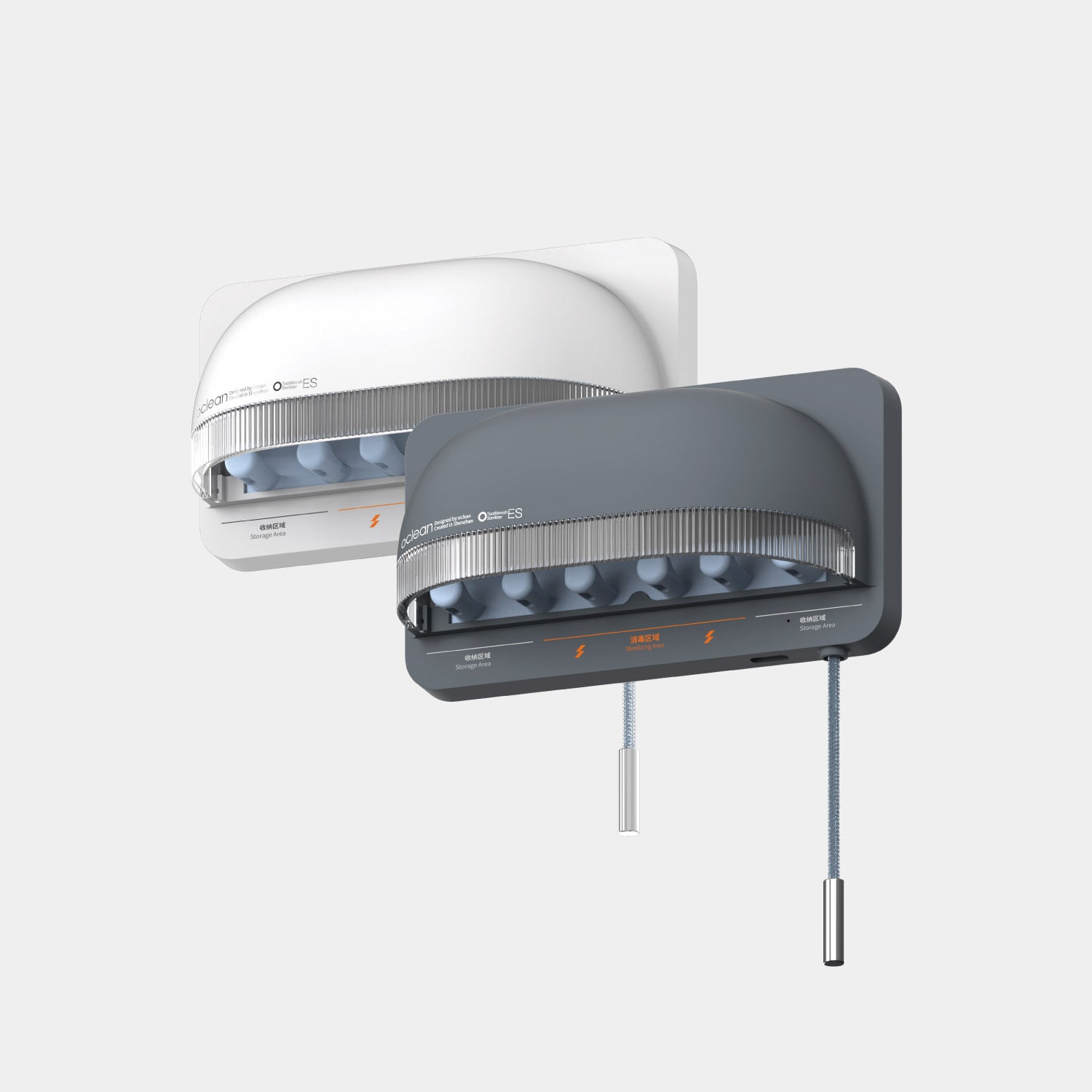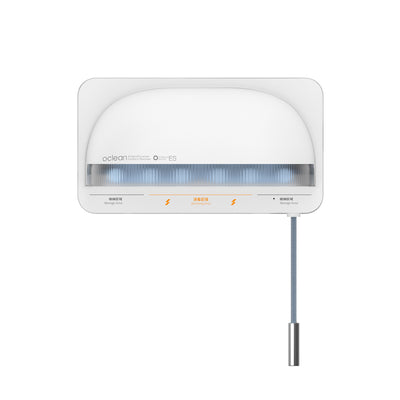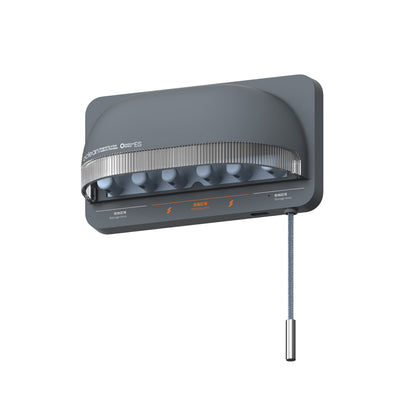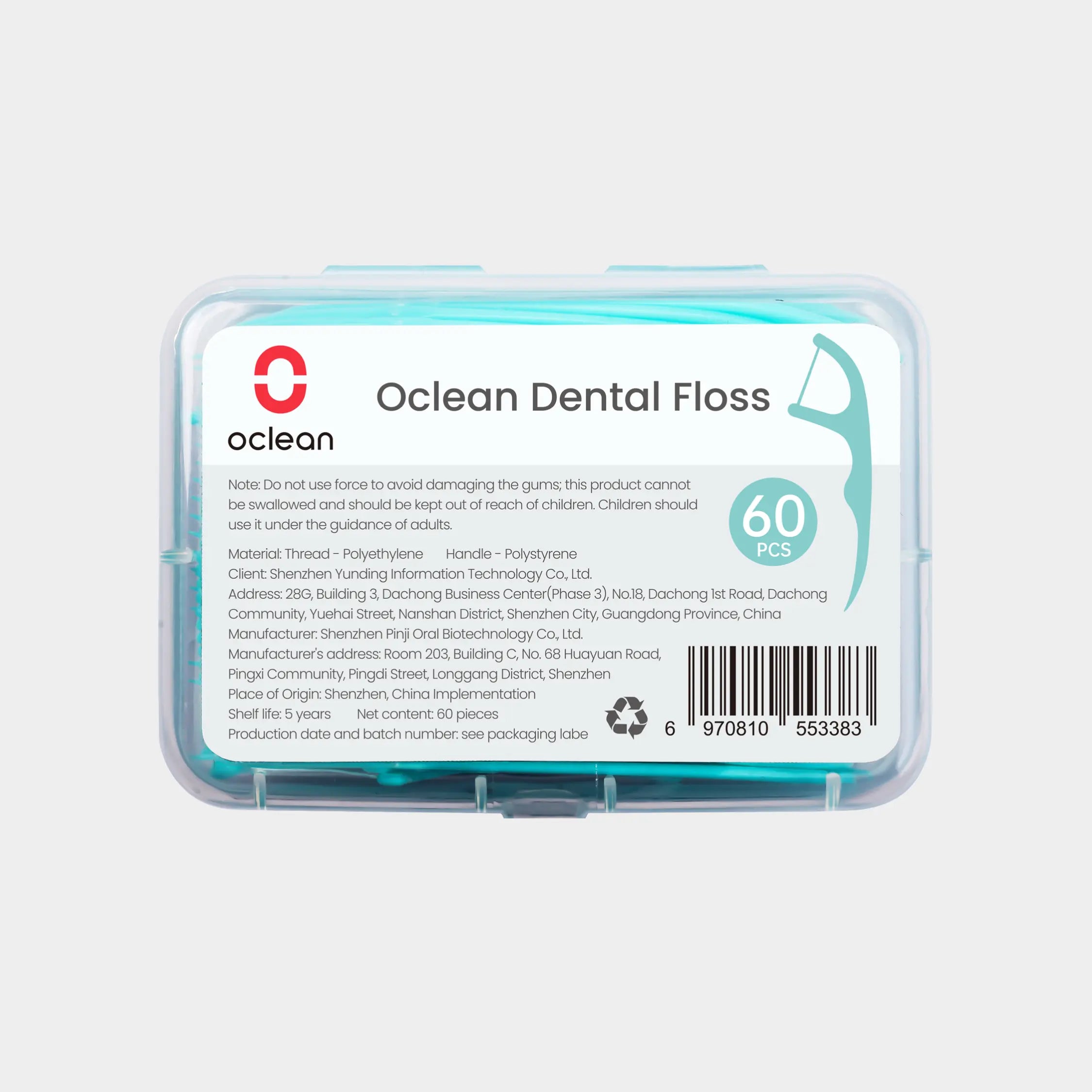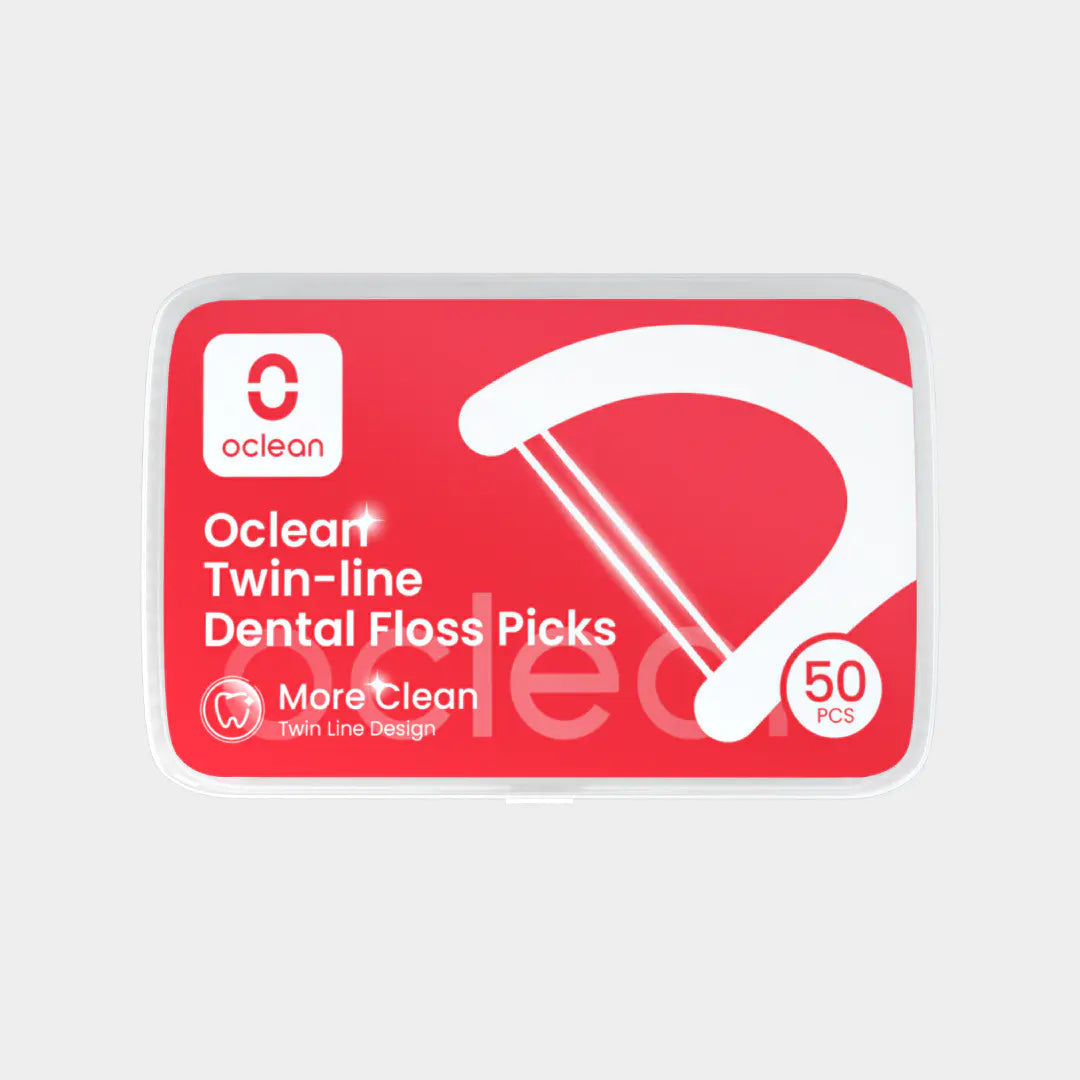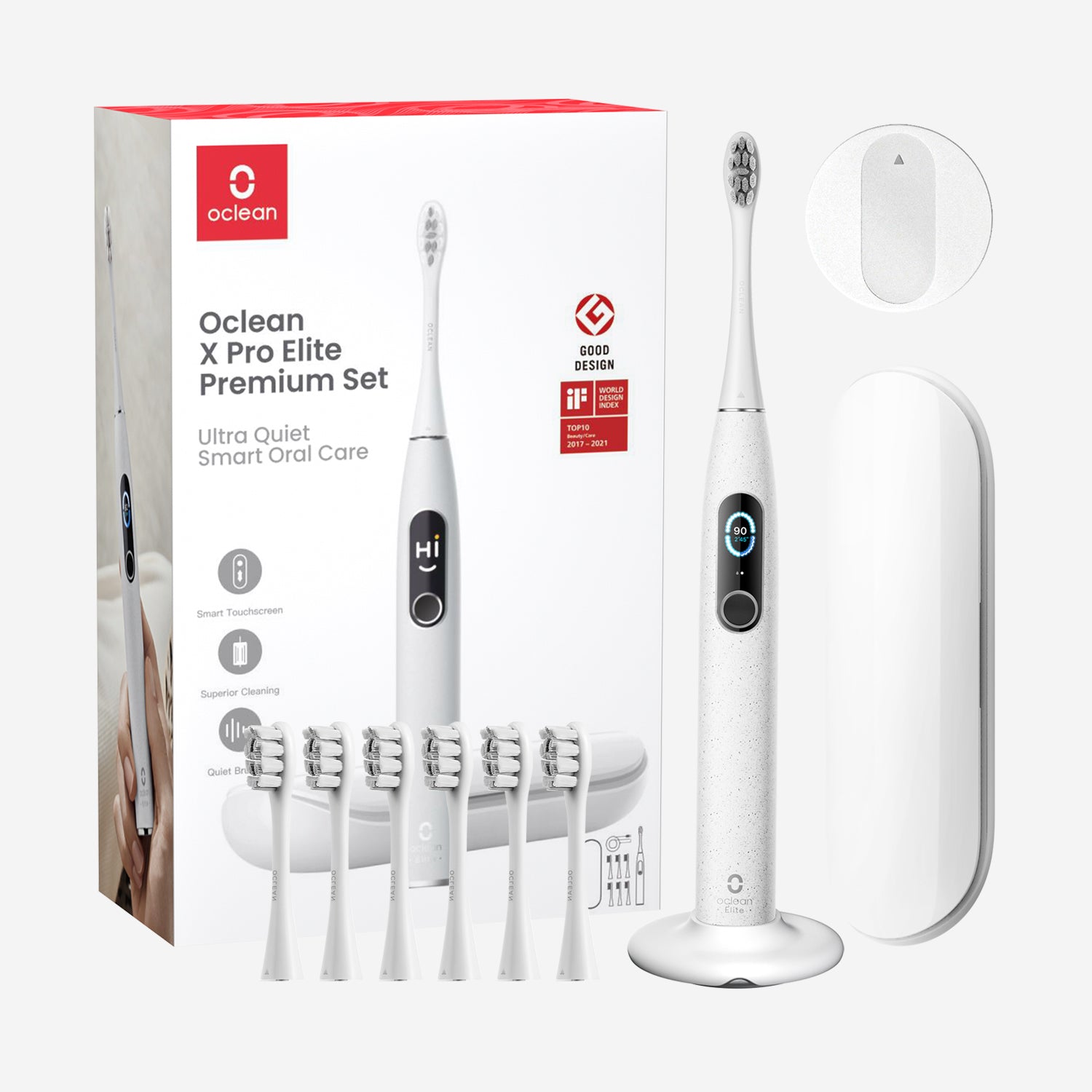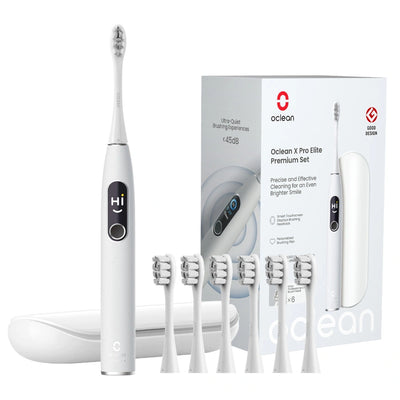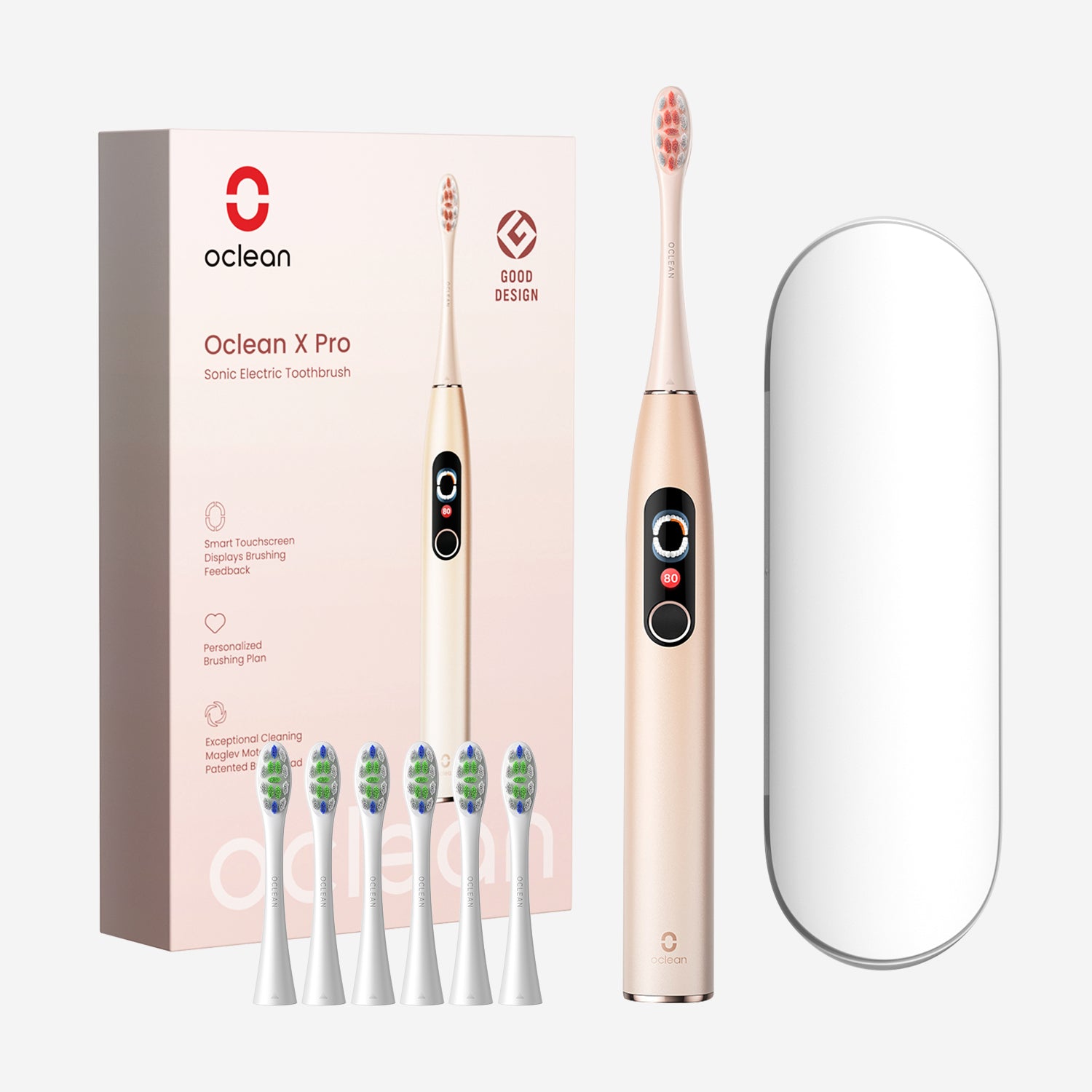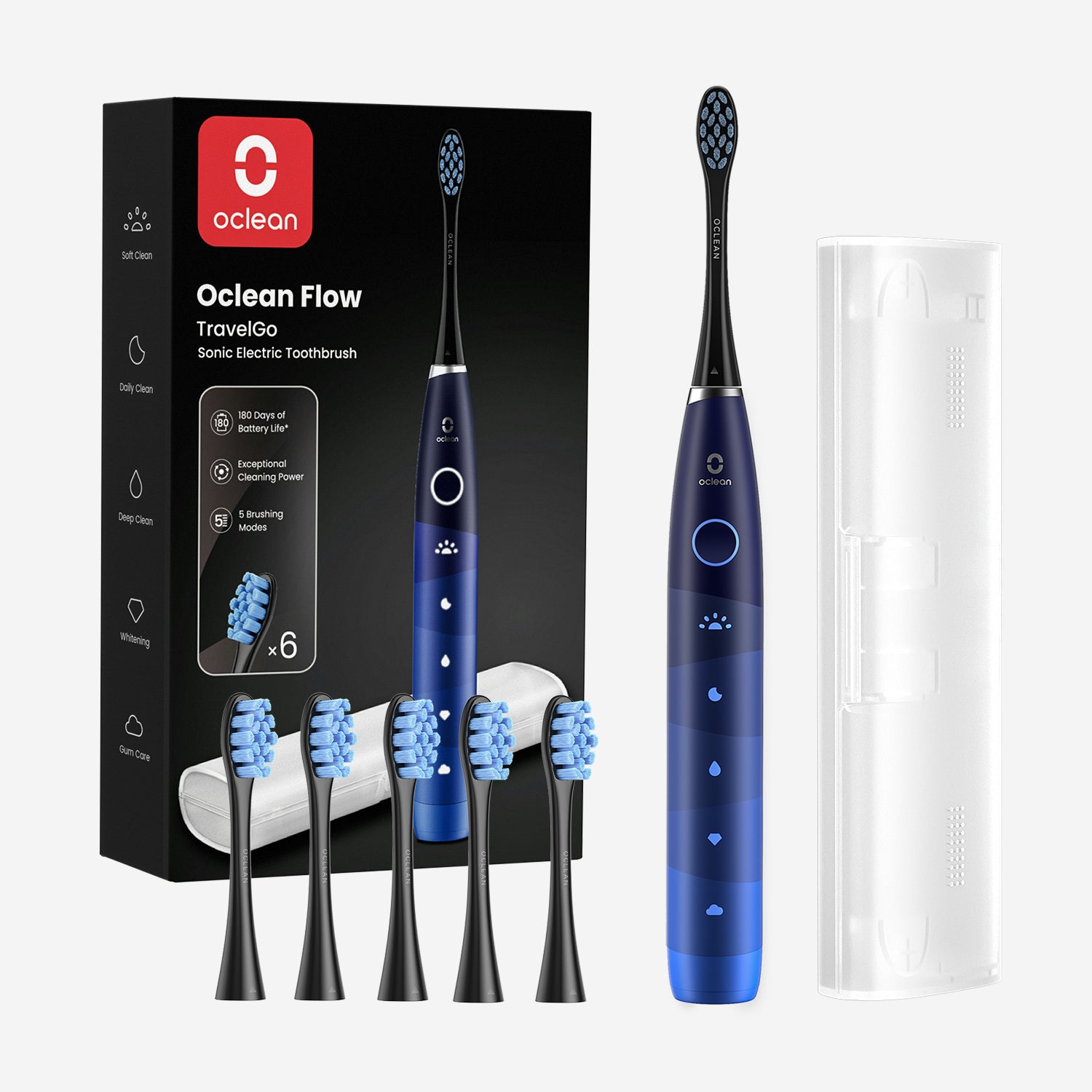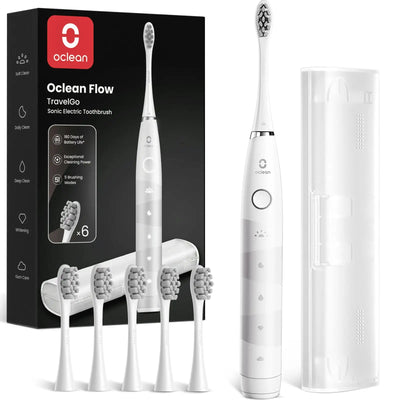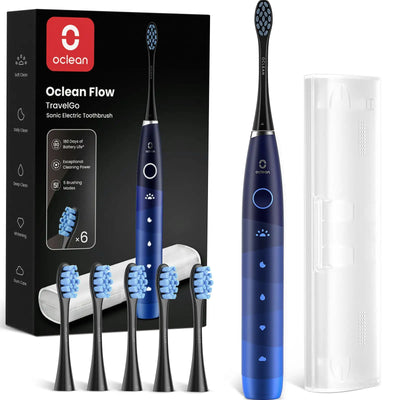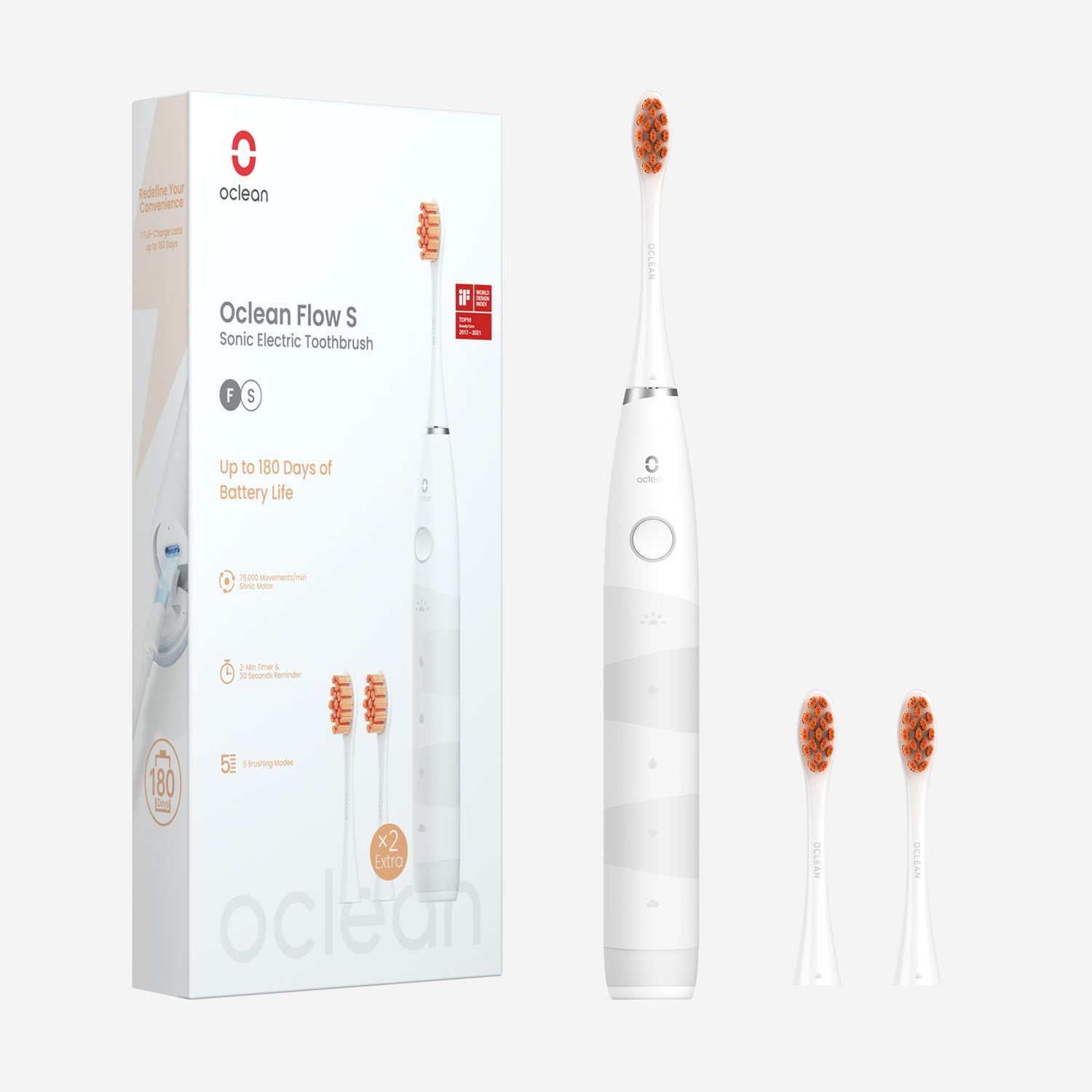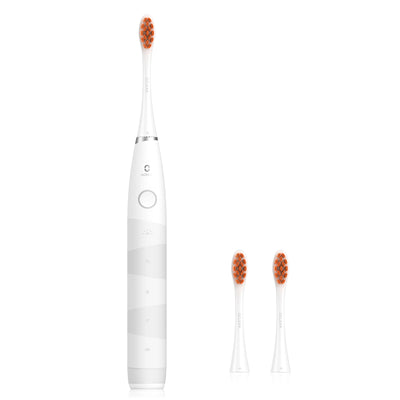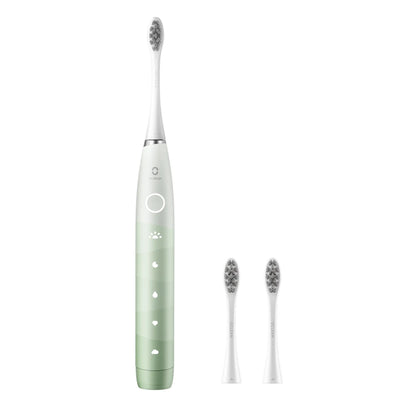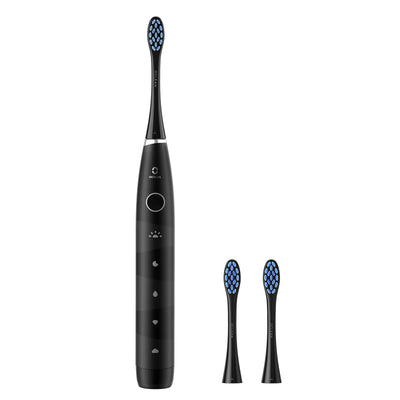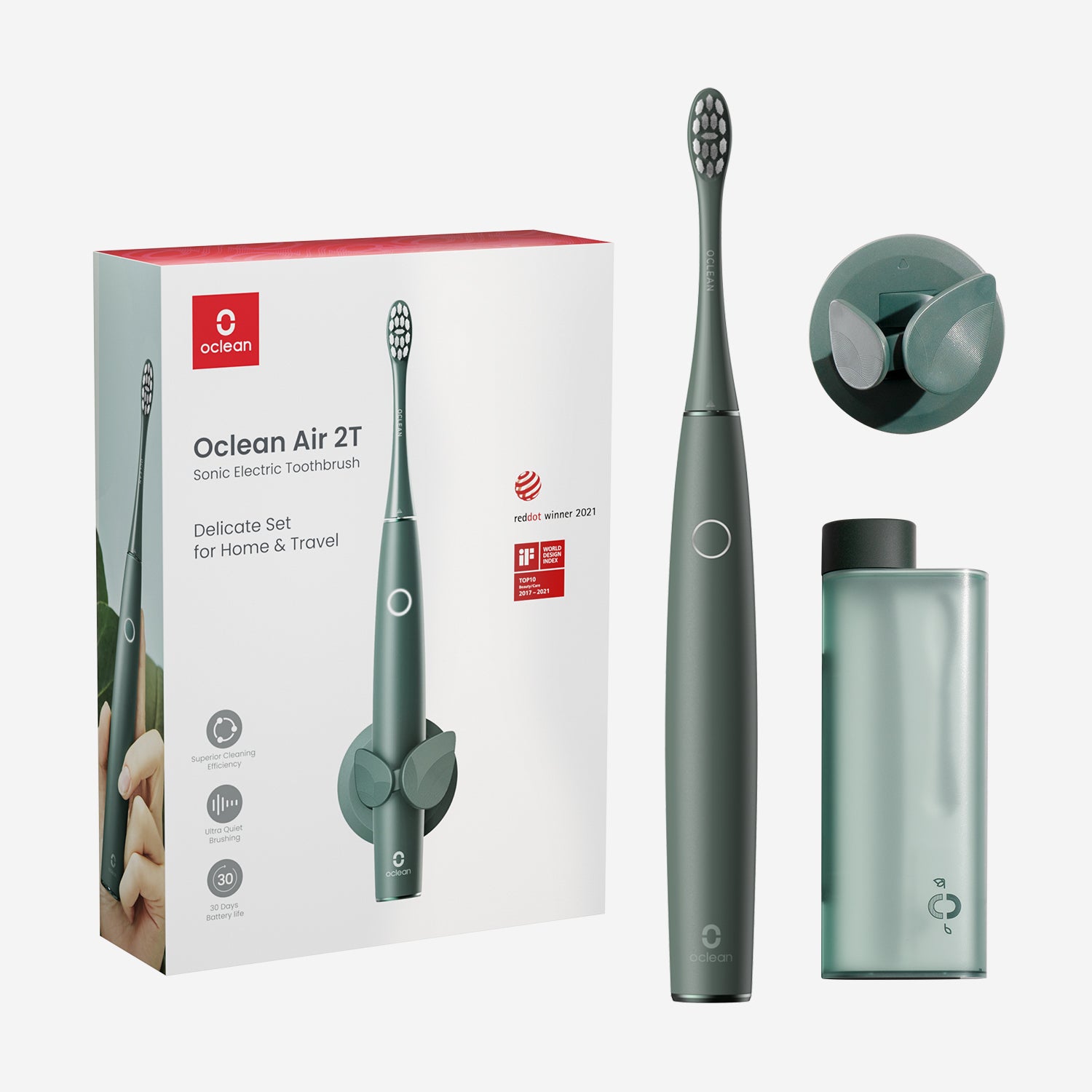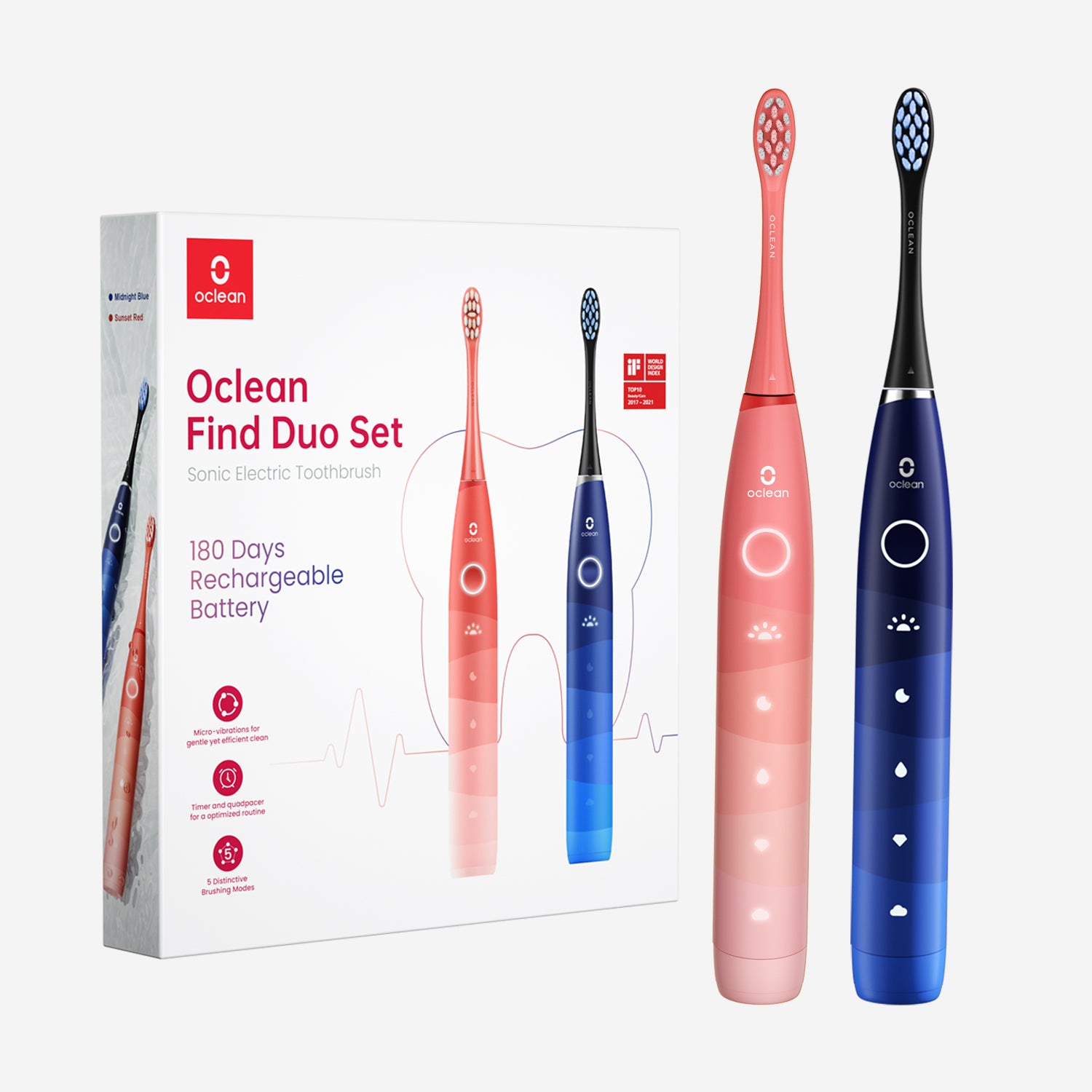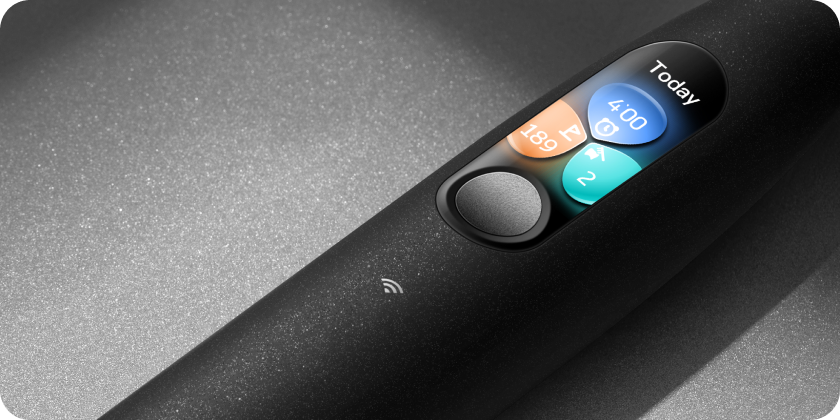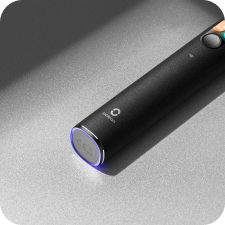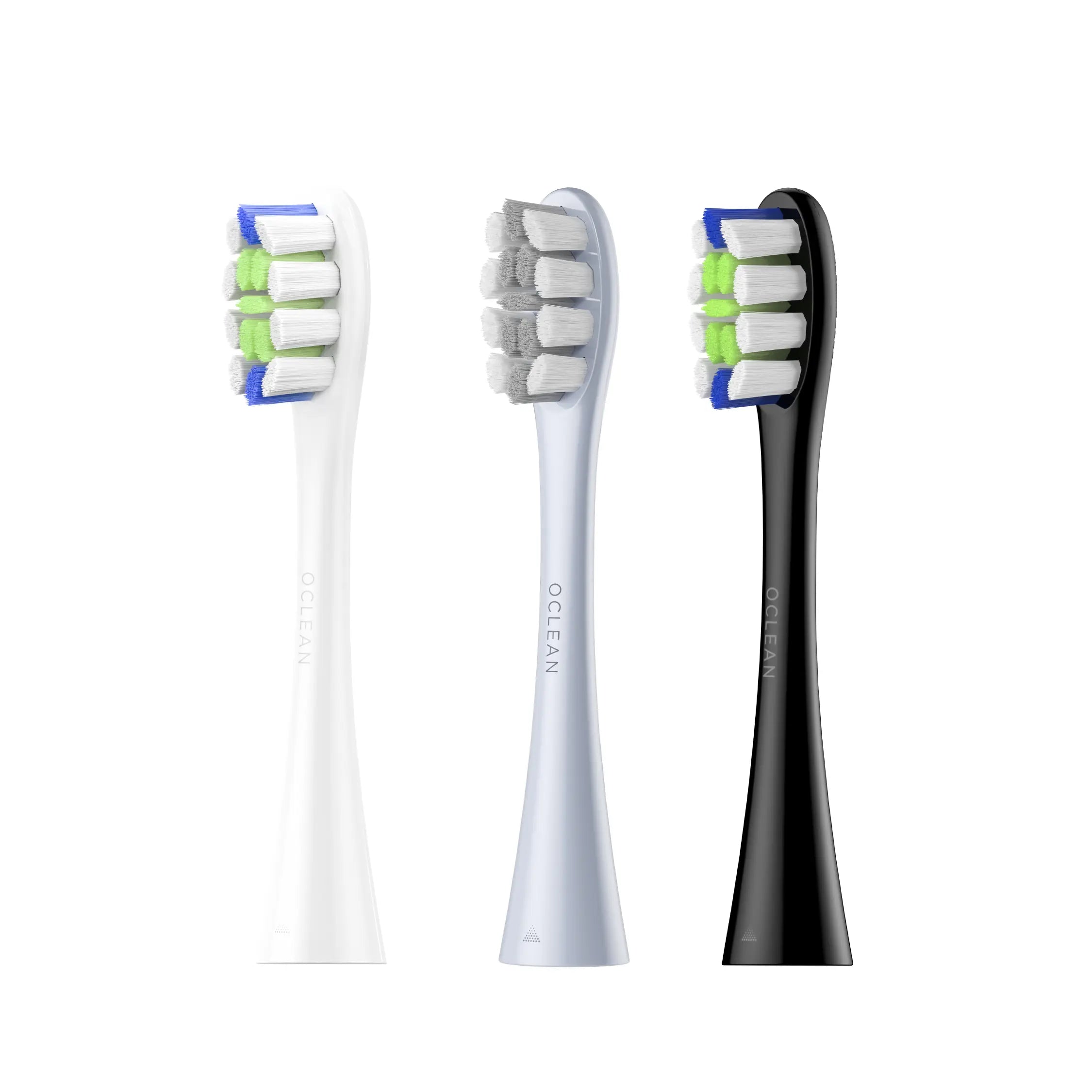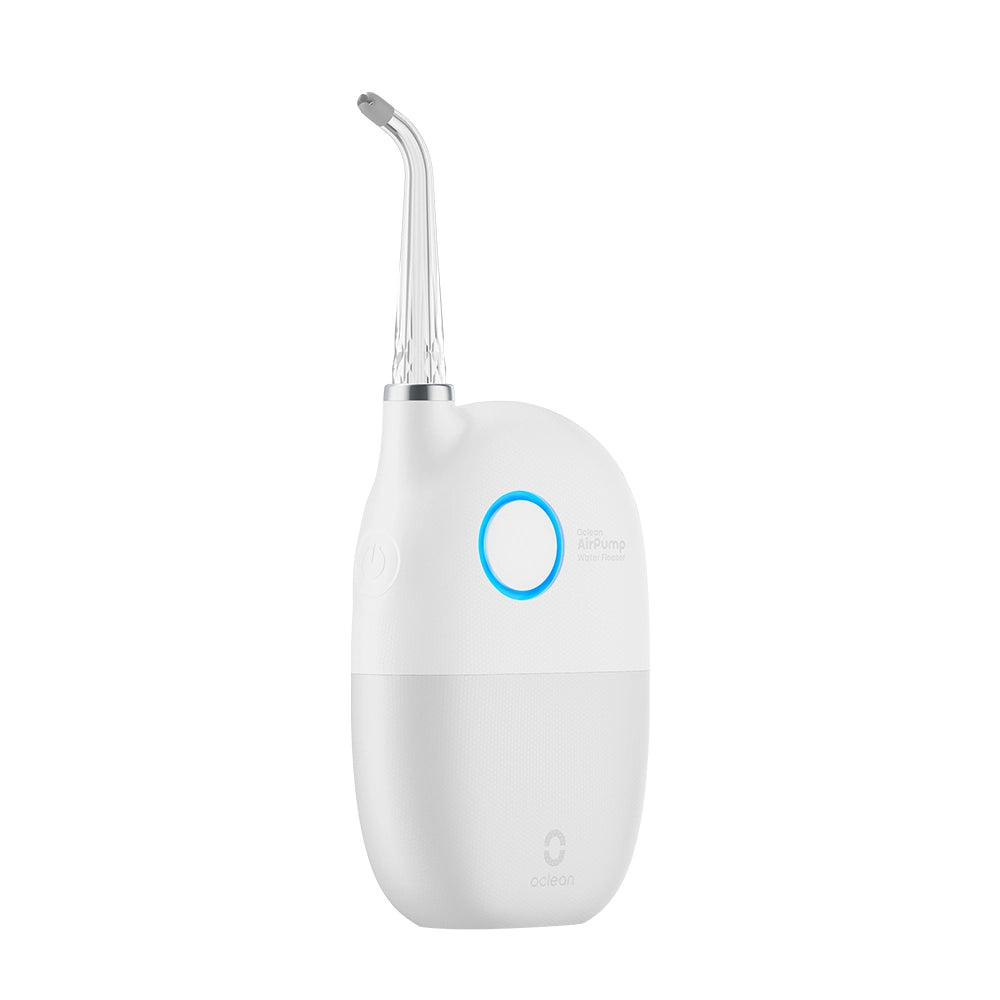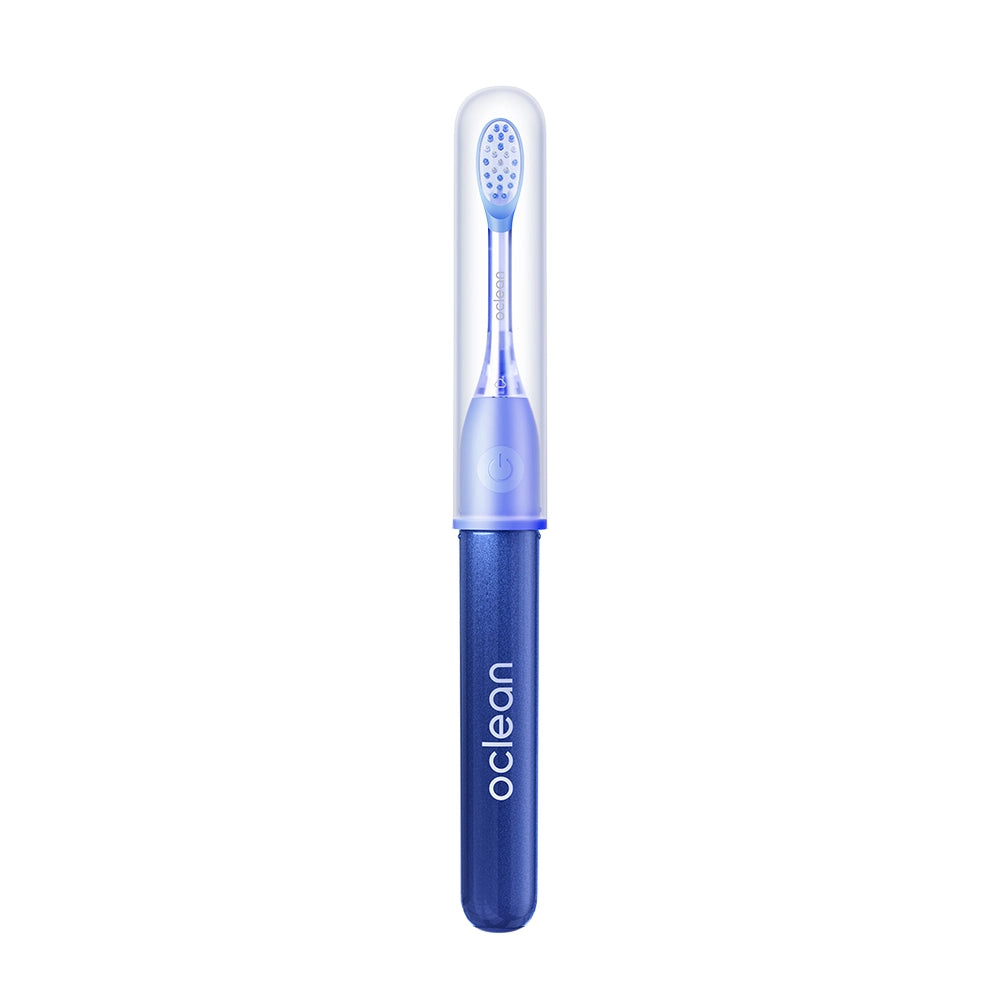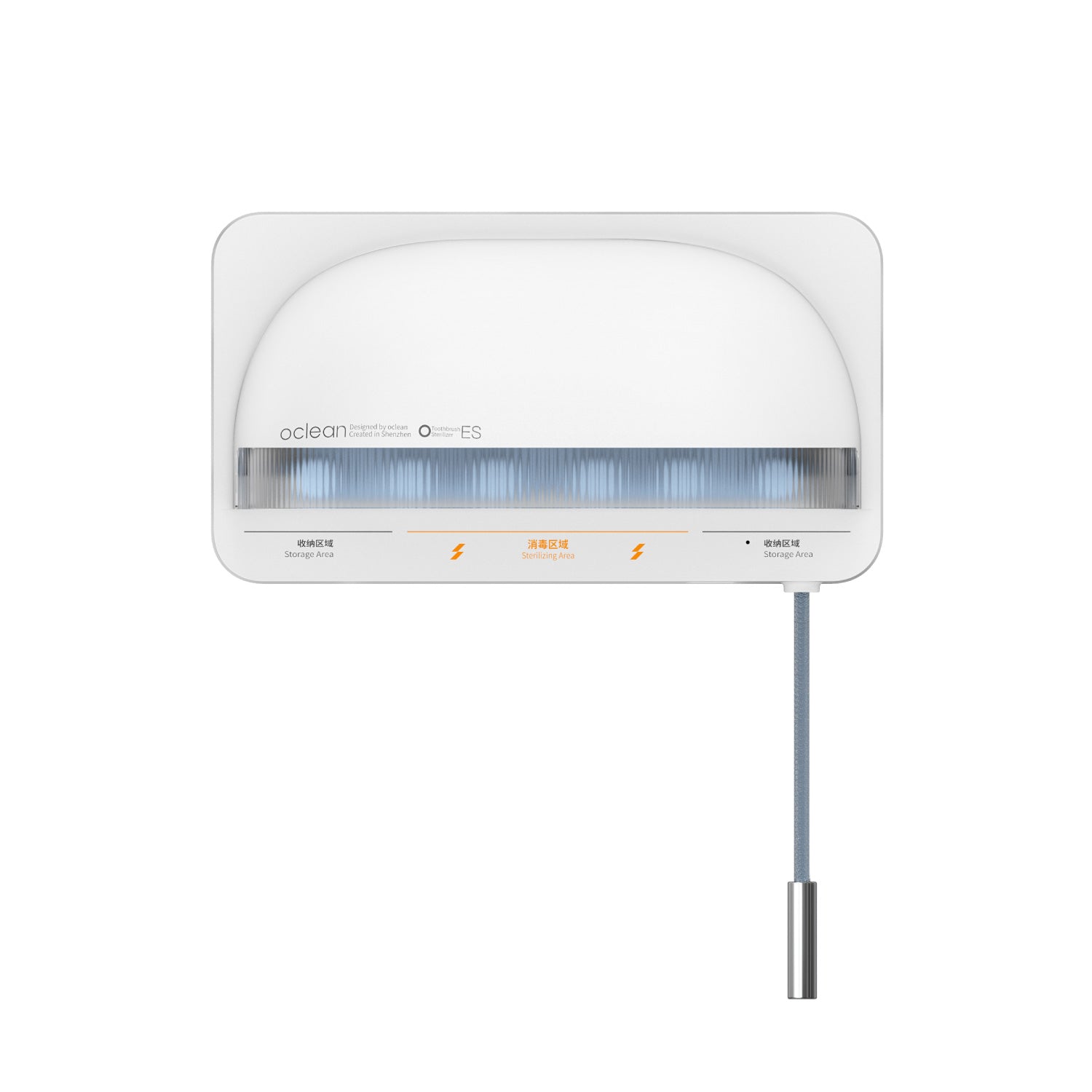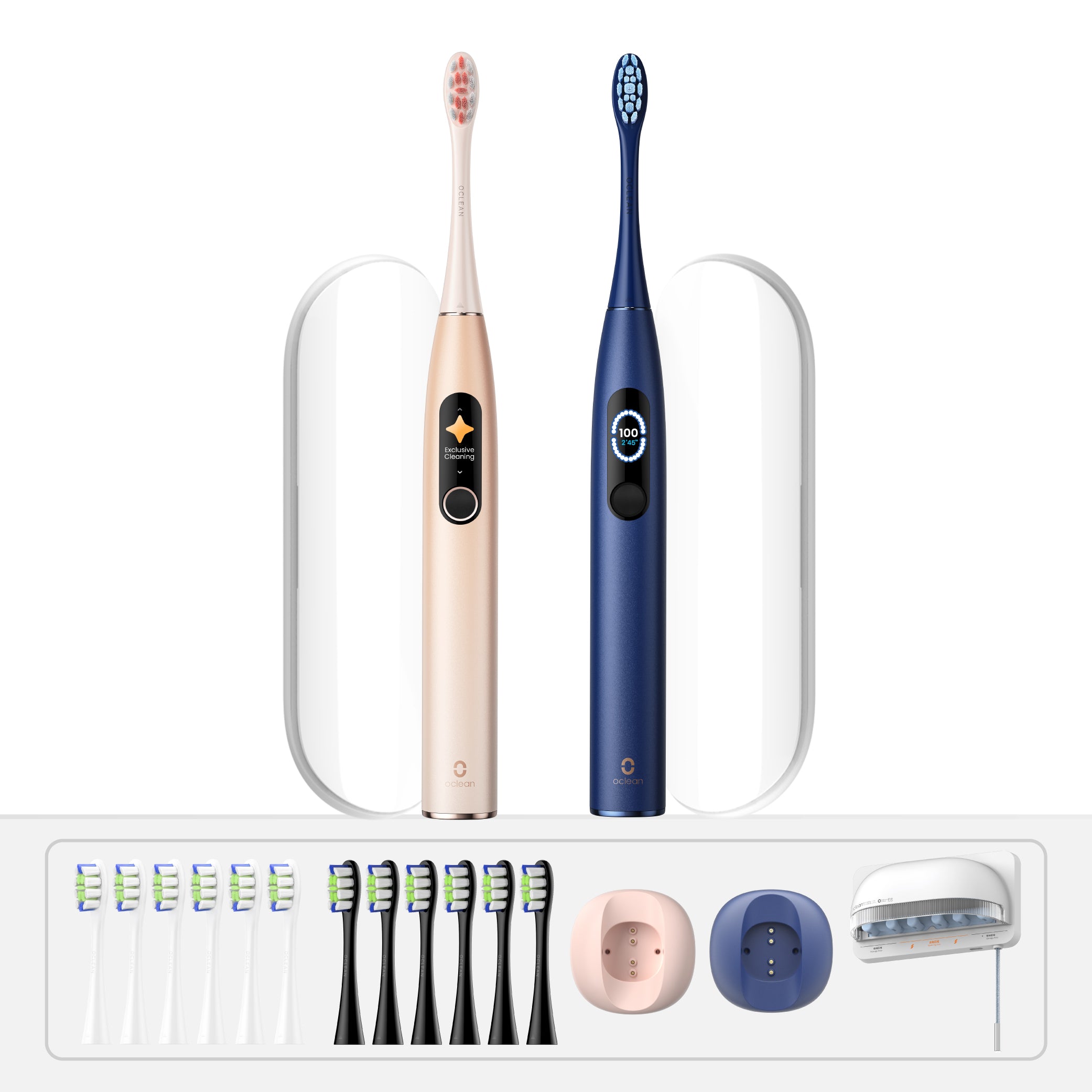For many children who have autism and sensory issues, such a simple task like brushing their teeth becomes a daunting struggle. The harsh whir of most toothbrushes, the vibrations, and the pressure against their gums can send their anxiety into orbit, so that parents and children alike find it virtually impossible to create any sort of regular oral hygiene routine. This struggle not only impacts the daily functioning of the child but can result in serious long-term medical issues, including tooth decay and gum disease.

In these cases, a special child's toothbrush—i.e., one that is very quiet—is a valuable resource. While the majority of brushes are abrasive and rough, quiet or sonic brushes are soft and non-abrasive, as they are designed to cause as little harm as possible, providing a solution that can make all the difference.
By utilizing this softer, less painful alternative, parents can help children form a positive relationship with dental care, ultimately leading to improved health as well as less stress in the process.
Sensory Sensitivities in Children
Children with autism and other sensory processing disorders perceive the world in a manner that is too frequently overwhelming. Sounds of little consequence to the general populace are painfully loud to them, which ultimately leads to fear and distress. To the noise-sensitive child, even the soft whir of an electric toothbrush is unacceptable, rendering what should be a simple routine such as brushing teeth a nightmare.
Sensitivities to the senses extend to touch, taste, and smell as well. The majority of autistic children experience pain and discomfort when they brush their teeth due to being more sensitive to texture. The touch of the toothbrush on their gums or the bristled sound on their teeth causes them to pull away or not brush their teeth at all.
This sensory overload is also among the primary reasons why autistic children struggle with dental care. Tooth brushing is a traumatic experience for them, which will create aversion and refusal to comply. Ultimately, we need to appreciate these challenges faced by special children. Additionally, it is the first step we can take to offer practical solutions, especially related to oral care.
The Oral Care Contribution to the Health of Special Needs Children
Good dental hygiene is essential for all children, but especially for children with special needs. Neglect of the mouth can lead to tooth decay, gum disease, and a wide range of other serious medical problems. In children with autism and sensory problems, neglect of the oral cavity is common, most often because they cannot tolerate the normal brushing routine.
Long-term effects of not performing oral care on a daily basis are severe. Plaque builds on teeth if they are not brushed, and cavities, halitosis, and gum disease follow. These problems not only have the ability to lower a child's self-esteem but also to produce other health problems, including digestive diseases due to gum disease. Even infections that can spread to the rest of the body can be caused by untreated dental problems.
Because of these potential dangers, an appropriate and enjoyable brushing habit is of the utmost importance. However, there are a few children with special needs who require a different modality in order not to be overwhelmed or resist brushing. That is where a silent toothbrush can be very helpful by creating a pleasant atmosphere that results in consistency in oral care.
Why Traditional Toothbrushes Fail Sensory-Sensitive Children?
Rotating and electric toothbrushes are problematic for children with sensory sensitivities. Electric toothbrushes are too noisy and shaking for a child who is stimulus-sensitive and will refuse or be resistant to brushing. A rotating toothbrush's high-pitched whine will cause the child to become anxious and avoid the task entirely.
The toothbrushes are also a problem since brushing is too painful or forceful due to the child's heightened tactile sensitivity. For those with sensory sensitivities, the pressure exerted while brushing is too harsh, and it is painful or uncomfortable.
The result? A daily struggle that ultimately makes it difficult for the child to learn healthy oral hygiene practice. They will be physically and emotionally spent from the sensory overload, and the parents are frustrated and at a loss for how to make brushing a more enjoyable experience. With inadequate tools, brushing becomes a negative experience, leading to poor oral health and further resistance to care.
The Benefits of Silent Toothbrushes
Silent or very quiet toothbrushes are a godsend for kids with sensory sensitivities. Such toothbrushes, usually sonic-powered, hum at a much softer frequency than standard electric toothbrushes. The softer hum they emit is less likely to overwhelm or scare kids, providing a more serene brushing experience.
The gentle movement of these toothbrushes is accompanied by calm vibrations that clean teeth gently without hurting. Sonic toothbrushes are engineered to replicate the gentle brushing motion of a standard toothbrush, but with the advantage of a greater frequency that increases plaque removal without producing a rough feeling. Sensory-sensitive children may find the softer noise and gentler vibration the deciding factor as to whether or not they can tolerate brushing without getting upset and agitated.
And still another advantage of sonic toothbrushes is that they tend to have features that make them simpler to use for kids. Most of them are made with ergonomic handles and smaller heads, which are simpler for small hands to grip and maneuver. Some even have timers that will get the child brushing for the appropriate amount of time, which simplifies and streamlines the process.
Parents of autistic and sensory-sensitive children have also noted significant improvement in children's tolerance, and even pleasure, with brushing using these low-decibel toothbrushes. The lower sound level and gentle vibrations allow children to focus on the activity without distraction from overwhelming sensations, leading to improved brushing and overall oral health in the long term.
Silents Toothbrushes for Special Needs Children: How to Choose the Right One?
When choosing a silent toothbrush for a child with sensory sensitivities, it is crucial to consider those aspects that will be most beneficial to their needs. The most critical element is the level of noise. Choose a toothbrush with a lower decibel rating to minimize noise-related stress.
Aside from quietness, the vibration frequency should be the main focus. There are children who are more vibro-sensitive, and therefore an adjustable toothbrush will be able to meet their needs. Softer vibrations tend to be best, as they clean thoroughly without being overly rough or objectionable.
The shape of the toothbrush matters too. Easy-to-use ergonomic handles that are comfortable to hold with little hands can make solo brushing a possibility for children. Smooth brushing means soft, gentle bristles for kids. Choose options with multiple interchangeable brush head sizes, so you can pick one your child likes depending on his or her sensitivity level.
It is also a good thing to check that the toothbrush comes with a timer so that your child will brush for the full two minutes. Some of them even have fun add-ons like lights or music that will engage children, turning a normally stressful process into a fun routine.
By putting these traits first, parents can find a toothbrush that not only addresses their child's sensory demands but also helps create good, long-term oral health habits.
Best Quiet Toothbrush for Children with Special Needs
If you desire the best for your child's oral health, then you have it with the Oclean Ultra Quiet Series Sonic Toothbrush. The toothbrush is especially ideal for kids with sensory issues, offering a smooth, quiet brushing experience. Its sonic mode removes plaque effectively without the jarring jolts or the noise of typical electric toothbrushes.

Oclean Ultra Quiet Series has a gentle brush head, ergonomic handle, and adjustable settings, which makes it an ideal dental brush for autistic children or those with other sensory issues. The soft vibration gently cleans with less pain, and the silent motor ensures a stress-free brushing. Adjustable aspects of the toothbrush make it ideal for kids with varying sensitivity levels, enabling them to develop good brushing habits.
By choosing Oclean's Ultra Quiet Sonic Toothbrush, you can make the brushing experience for your child more enjoyable and comfortable, and thus enjoy better oral care and less stress in the long term.
The Bottom Line
Brushing your child's teeth doesn't have to be a battle. For autistic or sensory-sensitive kids, a quiet toothbrush can transform an uncomfortable, stressful experience into a simple, even enjoyable habit. By reducing noise, vibration, and pain, quiet toothbrushes are built to address the special needs of special needs kids and make them more comfortable engaging in oral care without feeling overwhelmed. The Oclean Ultra Quiet Series Sonic Toothbrush is the ultimate solution, delivering a quiet yet effective brushing experience that can be tolerated by and even savored by your child with sensory sensitivities. Its silent motor, gentle bristles, and customizable settings make it an investment in your child's oral health and overall well-being. Revolutionize now and give your child the gift of a stress-free brushing experience that guarantees comfort and cleanliness.
Sisukord
